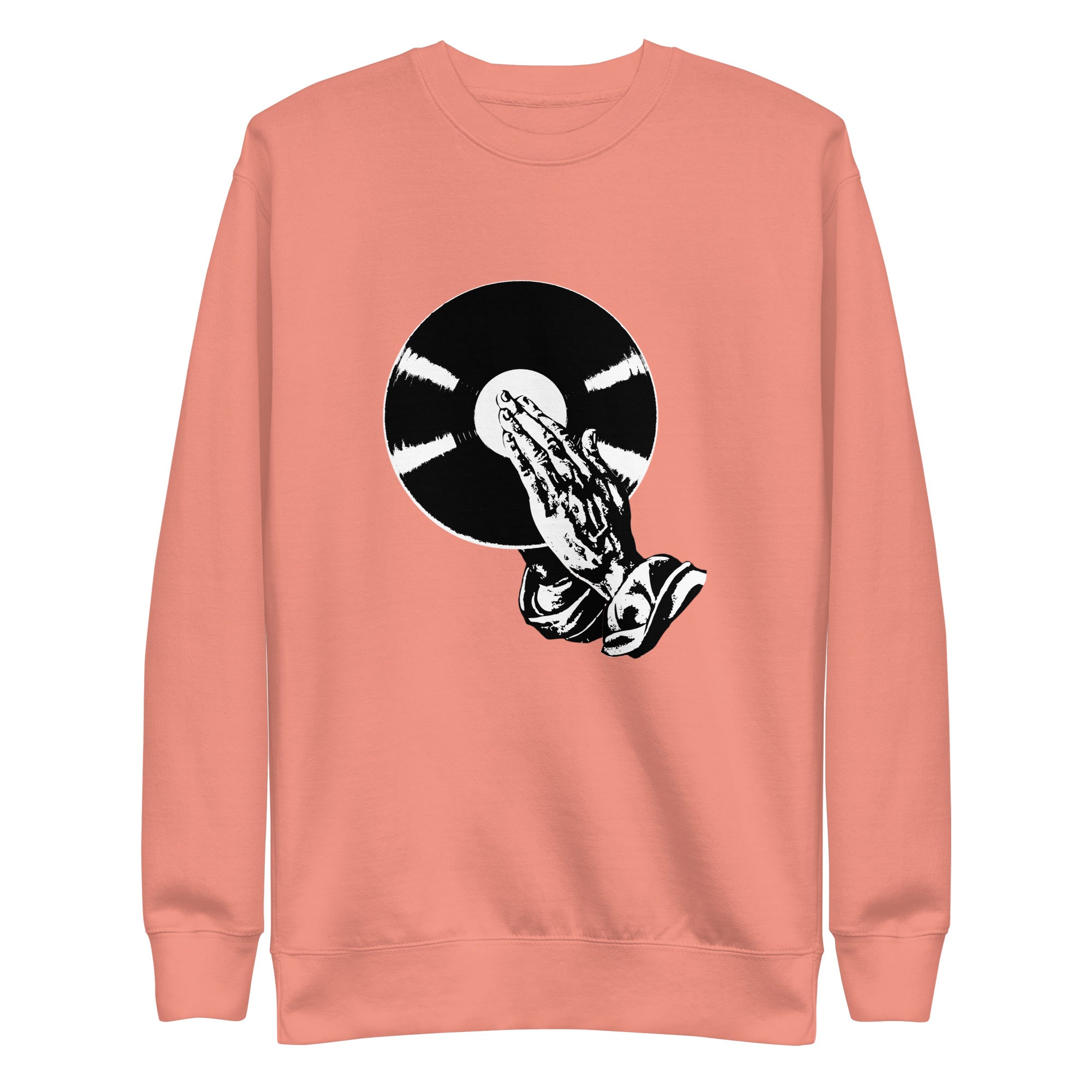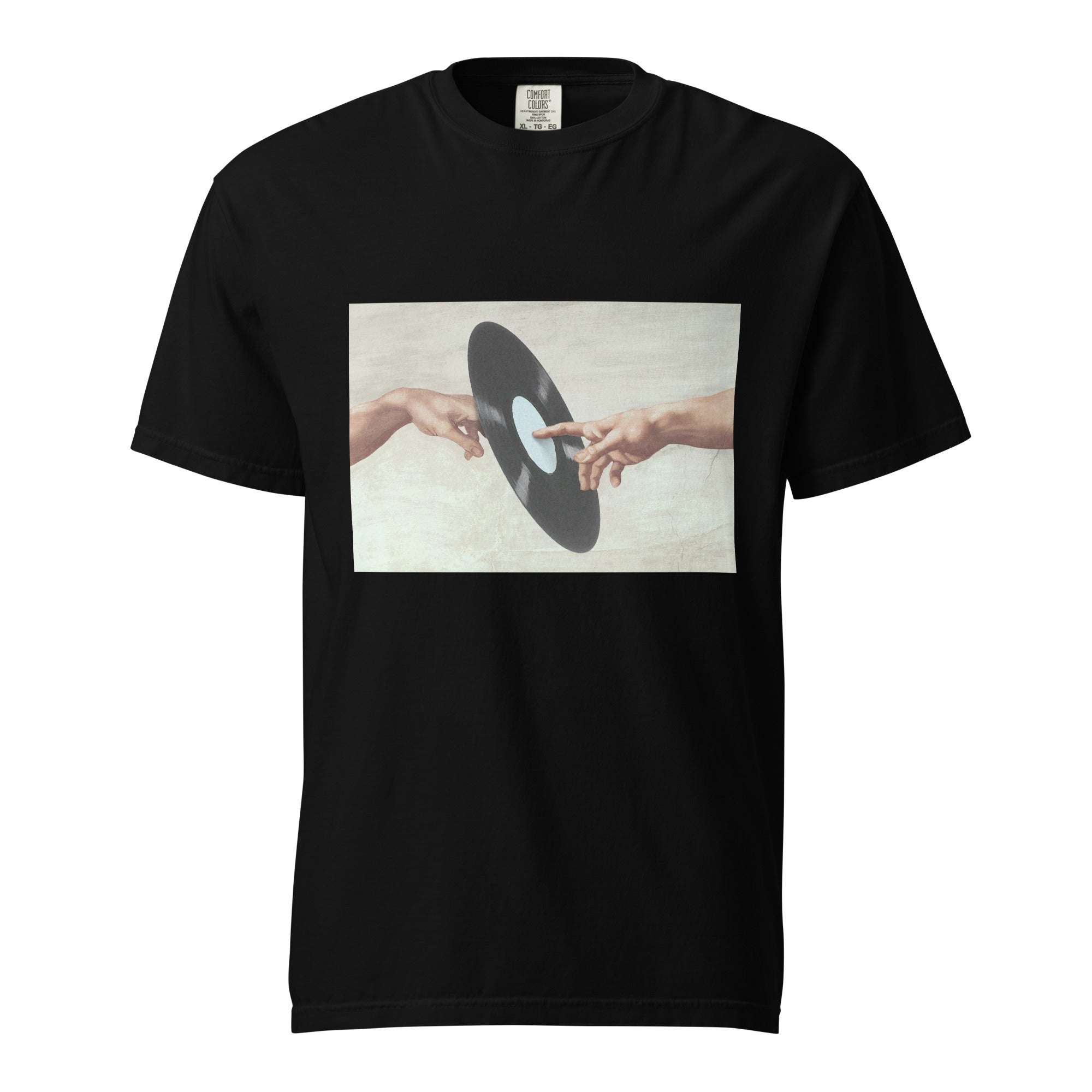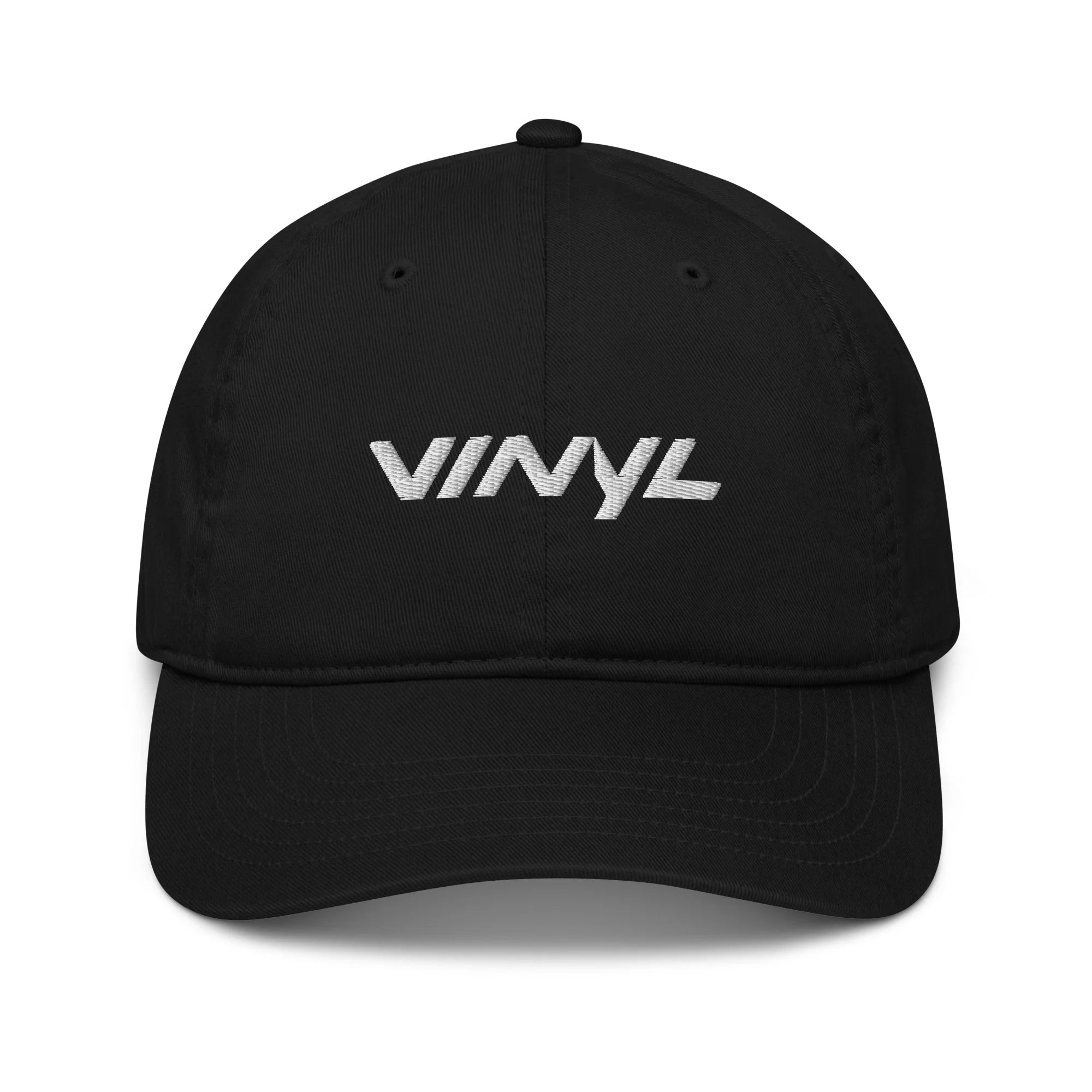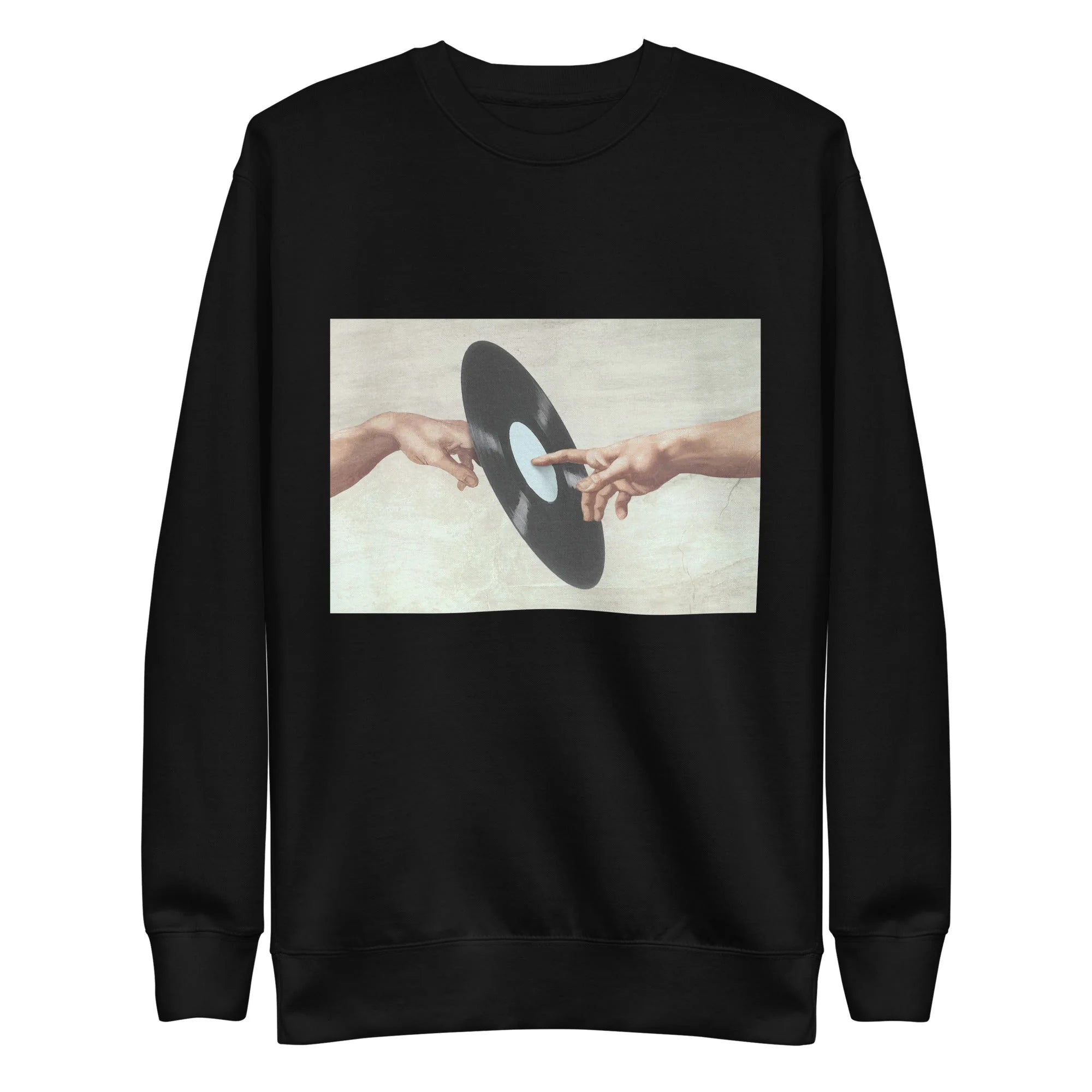Vinyl records have made a remarkable comeback in the digital age, transcending mere nostalgia to become a beloved medium for music enthusiasts. Their appeal lies in various factors that go beyond the music itself. For starters, the physicality of vinyl records offers a tangible connection to music that digital formats lack. Each record, with its large cover art and sometimes elaborate packaging, invites collectors to engage with the music visually and tactilely. Moreover, the ritual of playing a vinyl record creates a more immersive and intentional listening experience. Another aspect contributing to vinyl's allure is the sound quality. Many argue that analog recordings on vinyl offer a warmer, richer sound compared to the compressed audio formats of digital music. This perceived superiority in audio fidelity has drawn audiophiles and casual listeners alike, who appreciate the nuances and depth that vinyl can bring to a recording.
Basics of Vinyl Collection
Record grading is a crucial concept in vinyl collecting, as it determines a record's quality and value. Grading systems assess the condition of both the vinyl disc and its sleeve, ranging from 'Mint' (perfect condition) to 'Poor' (heavily damaged). Familiarize yourself with grading standards such as the Goldmine Standard, which collectors and sellers widely use. Understanding these grades helps in making informed decisions when purchasing records and assessing their value.
A common dilemma for new collectors is whether to focus on the quality or quantity of records. While it's tempting to expand your collection, prioritizing quality rapidly is usually more rewarding. High-quality records, both in terms of physical condition and musical content, provide a better listening experience and hold their value over time. It's better to have a smaller collection of well-curated records that you truly enjoy than a large collection of mediocre quality.
Sound quality is paramount in vinyl collecting. The unique warmth and depth of vinyl sound are what draw many to this format. When starting your collection, invest in records known for their superior sound quality. This doesn't necessarily mean buying the most expensive or rarest records, but rather choosing those that are well-made and well-preserved. Remember, the condition of the record greatly affects the sound quality, so always check for scratches, warping, or other damage before making a purchase.
Sourcing Your Vinyl Records
Whether you’re a seasoned collector or just starting out, knowing where and how to find the right records can make the process more rewarding and efficient. Below is a structured guide:
Create a Thoughtful Wishlist of Desired Albums: Begin your vinyl journey by making a detailed list of albums you want to own. Consider your favorite artists, genres, and influential records that have personal meaning. This wishlist serves as a roadmap, helping you stay focused during your search and avoid impulsive purchases. Regularly update your list as your tastes evolve, and use it to track down both classic must-haves and hidden gems that will make your collection unique and satisfying.
Explore Local Record Stores for Hands-On Discovery: Visiting local record shops offers a tactile and immersive experience that online shopping can’t replicate. You can physically inspect the condition of records, discover unexpected finds, and benefit from the expertise of knowledgeable staff. Local stores often carry both new releases and vintage selections, providing opportunities to stumble upon rare or out-of-print albums. Building relationships with shop owners can also lead to personalized recommendations and early access to new stock.
Leverage Online Marketplaces and Specialty Retailers: Expanding your search to online platforms opens up a global market of vinyl records. Websites like Discogs, eBay, and dedicated online record stores allow you to find specific pressings, limited editions, and albums that may not be available locally. Carefully review seller ratings and detailed grading information to ensure quality and authenticity. Online shopping is especially useful for tracking down elusive records or comparing prices across multiple sellers for the best deals.
Seek Out Used Vinyl at Thrift Stores, Flea Markets, and Garage Sales: Hunting for used records in unconventional places can yield surprising treasures at bargain prices. Thrift stores, flea markets, and garage sales often have overlooked collections waiting to be discovered. While the condition of these records can vary, patient digging and a keen eye can uncover rare or valuable albums. Bringing a portable record player or using a smartphone app to check album details can help you make informed decisions on the spot.
By following these steps, you’ll enhance your ability to identify and acquire records that truly enrich your vinyl collection.
Storage and Maintenance of Vinyl Records
Proper storage is crucial for maintaining the condition and longevity of your vinyl records. Records should be stored vertically to prevent warping and kept away from direct sunlight, high humidity, and extreme temperatures. Invest in quality shelving or storage units specifically designed for vinyl records. Additionally, consider inner and outer protective sleeves to safeguard your records from dust, scratches, and other potential damage.
The way you handle your vinyl records can significantly impact their lifespan. Always hold a record by its edges and avoid touching the grooved surface. Fingerprints and oils from your skin can attract dust and cause scratches. When playing a record, ensure that your turntable's needle is clean and in good condition to avoid damaging the record's surface.
Regular maintenance is key to preserving the quality of your vinyl records. Invest in a record cleaning kit and learn how to clean your records properly. This includes using a soft, anti-static brush to remove dust before and after each play. For deeper cleans, use a record cleaning solution and a microfiber cloth or a vacuum record cleaning machine. Staying consistent with these practices will keep your records sounding great for many years.
Proper cleaning and maintenance are essential to preserving the sound quality and longevity of your vinyl collection and turntable equipment. Dust, oils, and static can quickly degrade both records and playback components, so establishing a regular care routine is key. Begin by handling records only by their edges or labeled centers to avoid transferring skin oils and dirt onto the grooves. Before each play, use a soft, anti-static brush or a dedicated record cleaning brush to remove surface dust and lint gently; this simple step prevents debris from accumulating in the grooves and reduces the risk of unwanted pops and clicks during playback. For deeper cleaning, invest in a specialized record cleaning solution or kit, which typically includes a cleaning fluid, microfiber cloth, and sometimes an anti-static brush. Apply the solution lightly and wipe the record in a circular motion following the grooves, then allow it to air dry completely before returning it to its sleeve. For collectors seeking an even more thorough clean, vacuum record cleaning machines are available and can remove deeply embedded particles without damaging the vinyl.
Periodically, your records may require a more intensive cleaning, especially if you acquire used or dusty albums. Always use distilled water or a recommended cleaning solution, never household cleaners or tap water, as these can leave residues or cause damage. After cleaning, store records in anti-static inner sleeves and keep them upright in a cool, dry environment away from direct sunlight and humidity to prevent warping and mold growth. Equally important is maintaining your turntable. Regularly inspect and clean the stylus (needle) using a stylus brush or a specialized cleaning solution. Dust and debris on the stylus can distort sound and even damage your records, so make this a habit after every few plays. Also, check the alignment and tracking force of your cartridge as specified by the manufacturer; improper setup can lead to uneven wear or skipping.
Beyond the stylus, keep the platter and mat free of dust, and occasionally wipe down the turntable’s surface with a microfiber cloth. If your turntable has moving mechanical parts, such as a belt-drive system, inspect the belt periodically for signs of wear and replace it as needed to maintain consistent rotation speed. For those seeking optimal performance, consider professional calibration of your turntable, which can include adjusting the tonearm, anti-skating, and other settings to ensure precise playback and minimize record wear.
The Audio Experience
To truly appreciate the rich sound of vinyl records, investing in a quality turntable is essential. A good turntable not only enhances the audio experience but also ensures that your records are played without damage. When choosing a turntable, consider factors like the type of drive (belt drive or direct drive), the cartridge quality, and the build of the turntable itself. Additionally, features such as adjustable tracking force and anti-skating control can further improve playback quality and record longevity. It's worth doing thorough research or consulting with audio experts to find a turntable that suits your needs and budget.
A sound system's components significantly influence the overall listening experience of vinyl records. Apart from the turntable, a quality amplifier and speakers are crucial. The amplifier should match the output of your turntable, and speakers should be chosen based on the size of your listening room and personal preference for sound. For an optimal audio experience, consider the placement of speakers and the acoustics of the room. Experimenting with different setups can significantly enhance the sound quality.
The audio quality of vinyl records is often described as warmer and more natural compared to digital formats. This characteristic is due to the analog nature of vinyl, which captures the full waveforms of audio, unlike digital formats that compress audio data. Vinyl enthusiasts often appreciate the subtle nuances, like the gentle crackle and pop, which add to the overall charm and authenticity of the listening experience. It's important to note that the condition of the record and the quality of the audio equipment play a significant role in the sound output.
Budgeting and Growing Your Collection
Effective budgeting is essential in vinyl collecting, as costs can quickly add up. Start by setting a monthly or yearly budget for your collection and stick to it. Prioritize purchases based on your collection goals and be on the lookout for deals and discounts. It's also helpful to allocate part of your budget for maintenance and upgrades to your audio setup. To make the most of your budget, explore various sources for buying vinyl records. Keep an eye on sales at local record stores, online promotions, and second-hand options at garage sales and thrift stores. Joining online forums and community groups can also lead to tips on deals or trades. Remember, the condition of the vinyl is crucial, so always balance the cost with the quality of the record.
As your collection grows, continuously re-evaluate your goals and preferences. This reflection ensures that your collection remains meaningful and enjoyable. Avoid impulse buys and focus on acquiring records that truly resonate with you or fill a specific gap in your collection. It's also important to periodically review and possibly prune your collection to manage space and maintain quality. Vinyl collecting is more than just a hobby; it's a journey into the world of music and audio artistry. Reflecting on this journey, from setting up your first turntable to finding that rare record, is part of the joy. Each record in your collection carries memories and experiences, making it a personal and ever-evolving archive of your musical taste and history.
Building Community and Seeking Guidance
The value of connecting with other collectors, finding mentors, and engaging with the vinyl community is crucial. The vinyl community is vibrant and continually evolving. Staying engaged with this community through forums, local events, and record fairs can enhance your collecting experience. As trends in music and technology develop, so too will the world of vinyl collecting, offering new opportunities and challenges. Embracing these changes and sharing your passion with fellow enthusiasts makes the journey even more rewarding.
Starting and nurturing a vinyl record collection is a fulfilling endeavor that combines a love for music with the art of collecting. By understanding the basics, sourcing wisely, taking proper care of your records, investing in quality audio equipment, and budgeting smartly, you can build a collection that brings you immense joy and satisfaction for years to come. Experience the magic of analog sound and start building your perfect collection at Vinyl.com, your destination for rare finds.

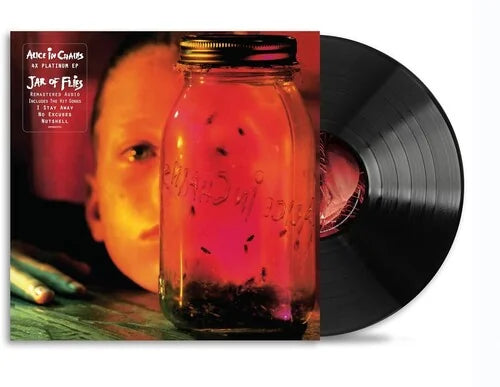
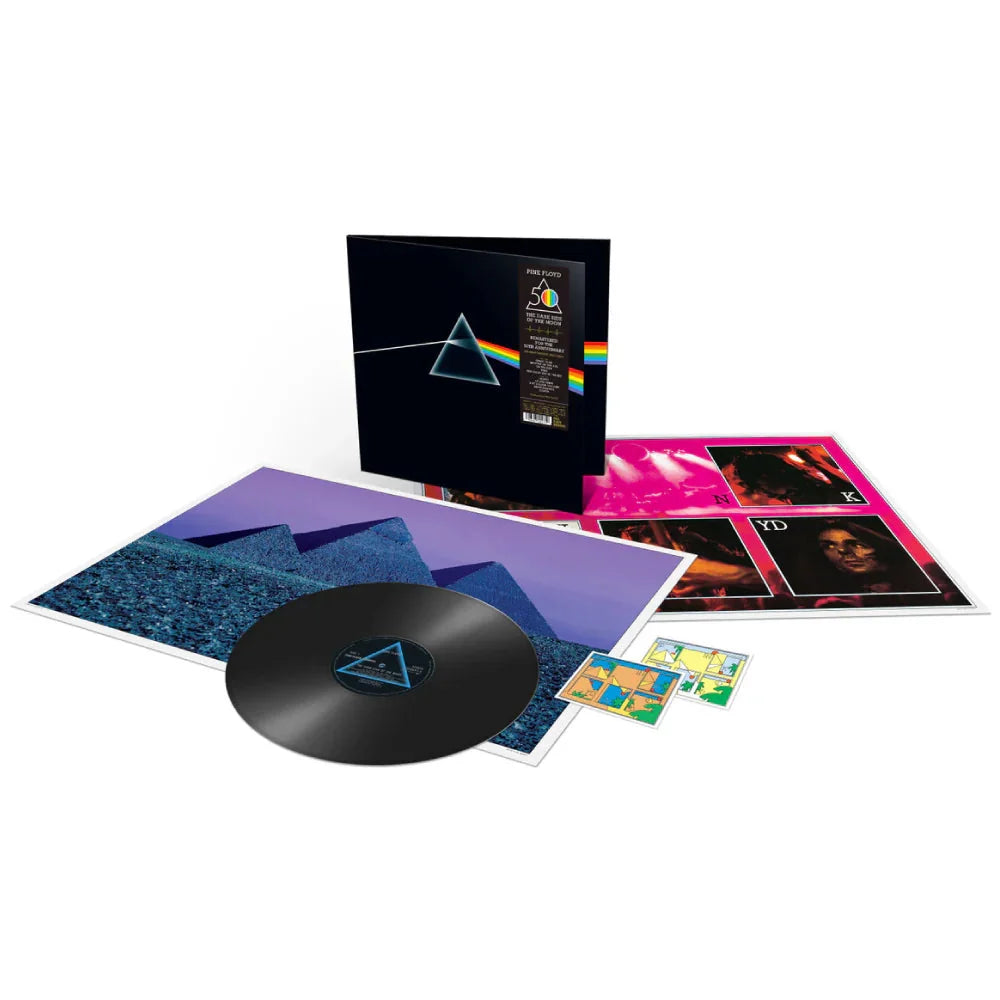
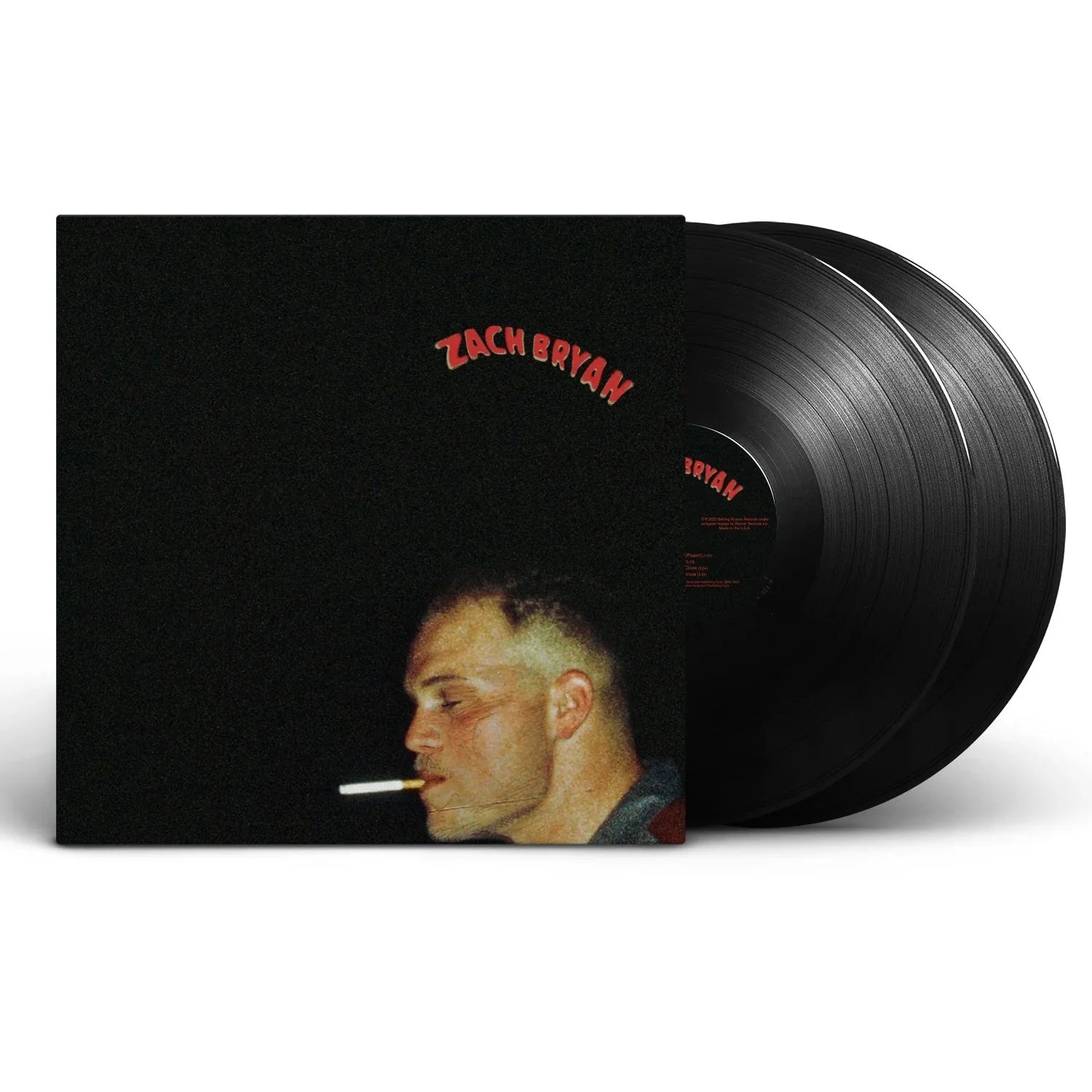
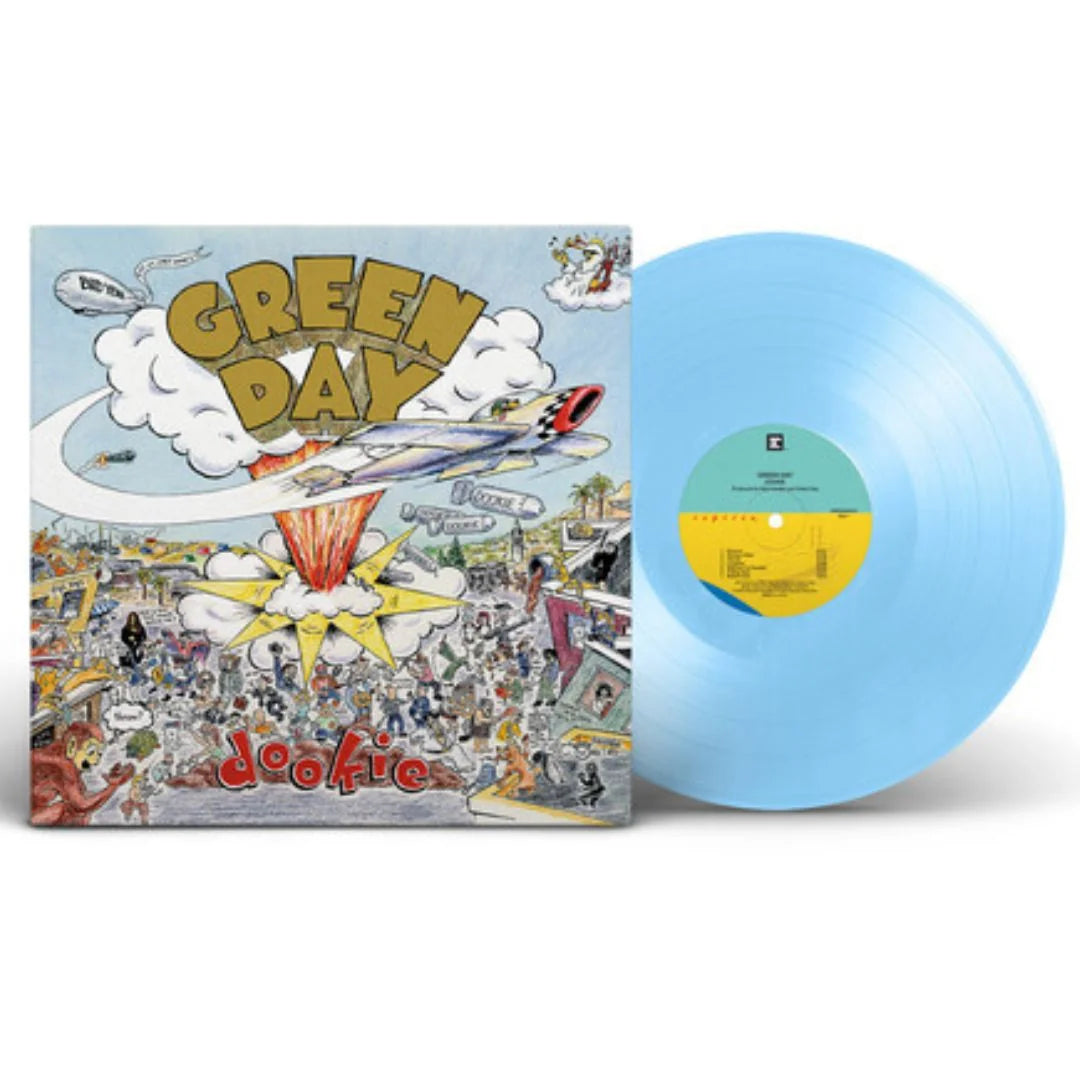
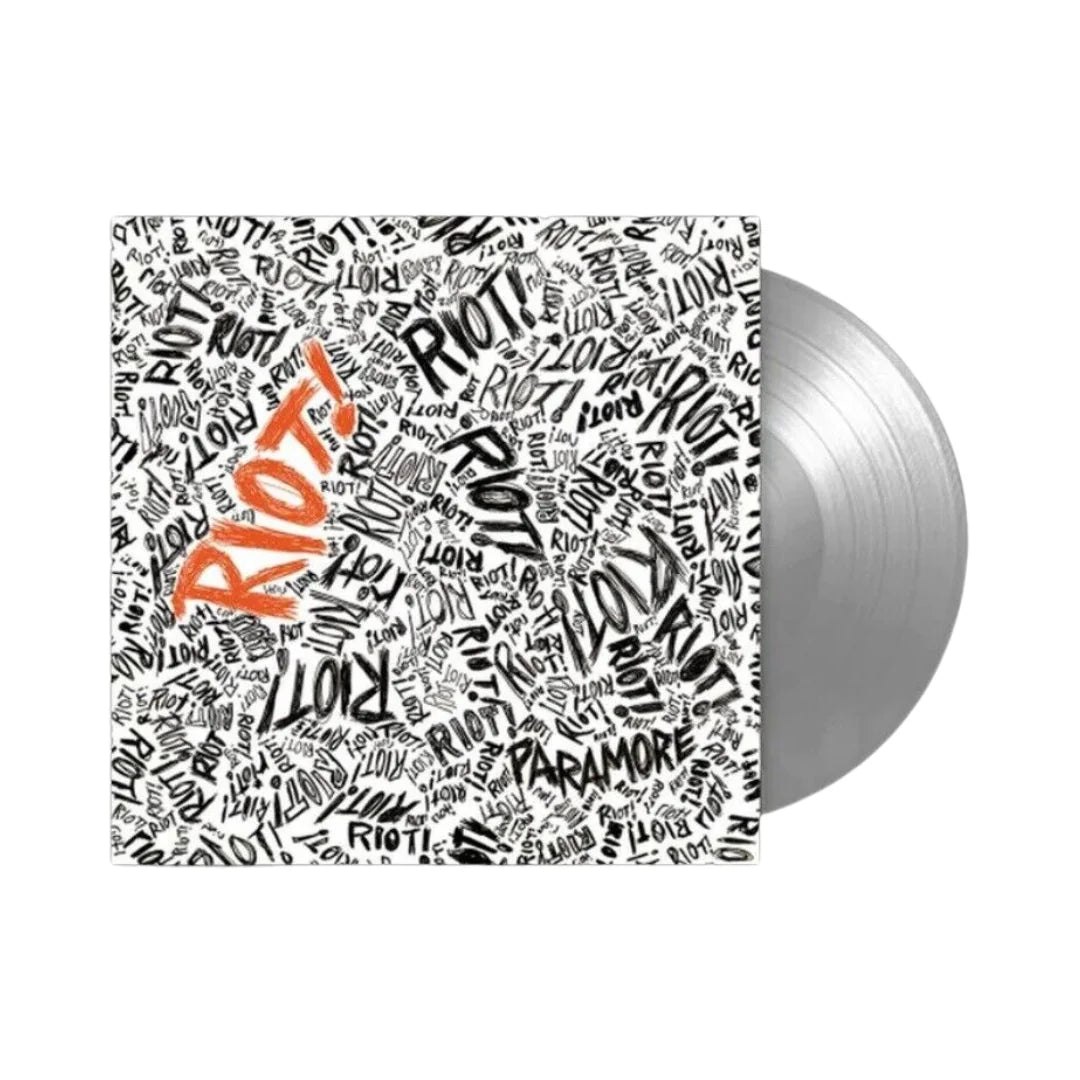
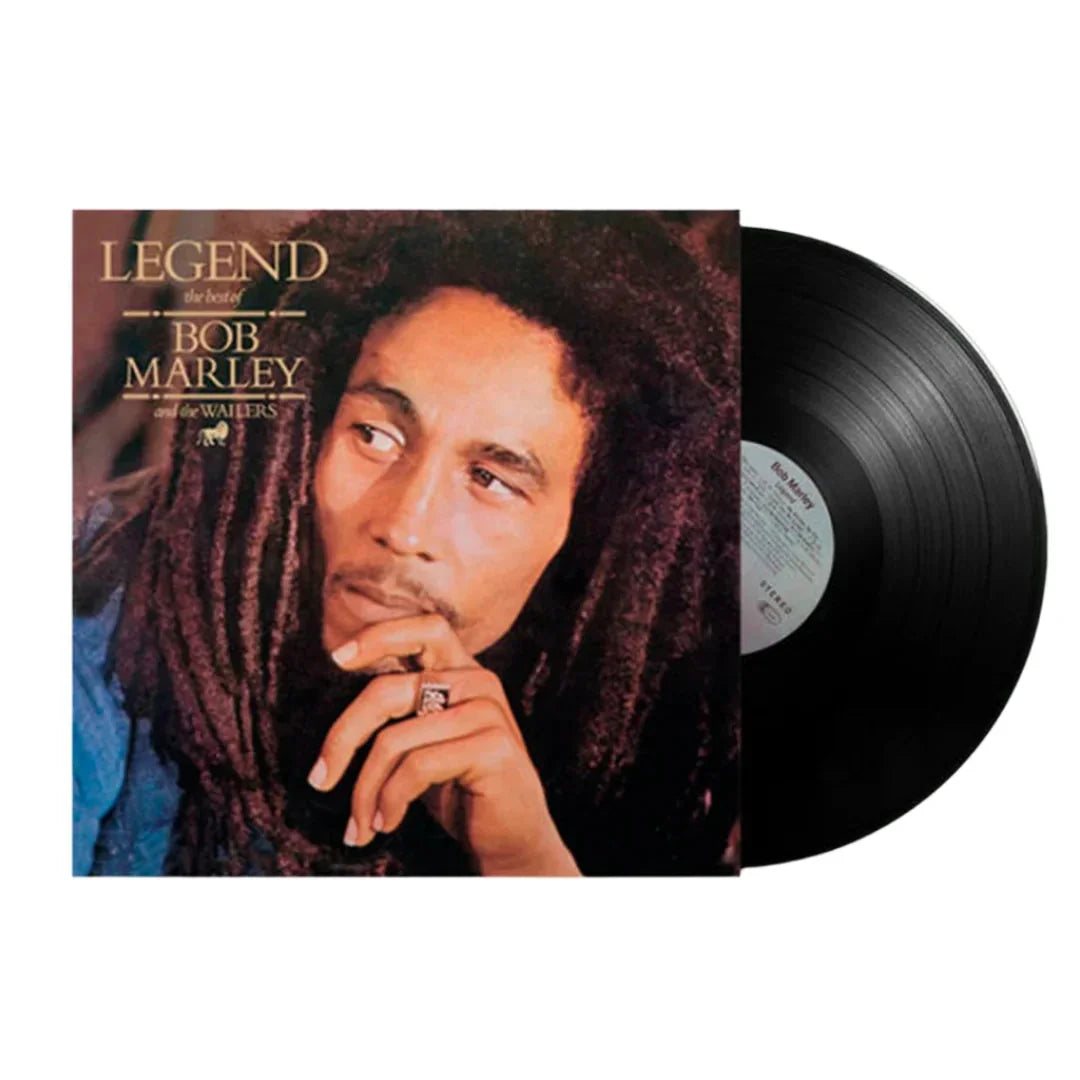
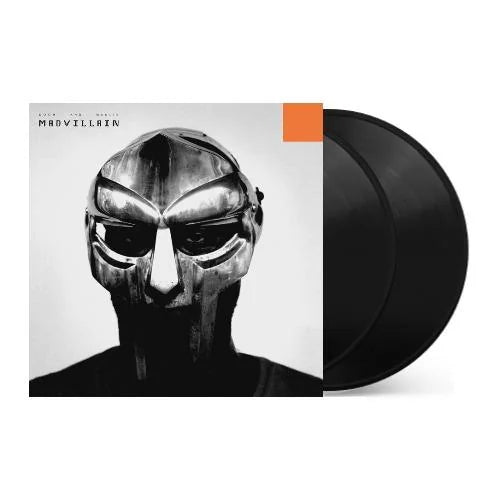
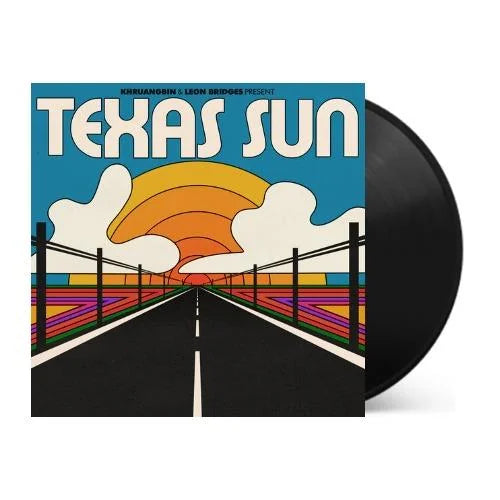
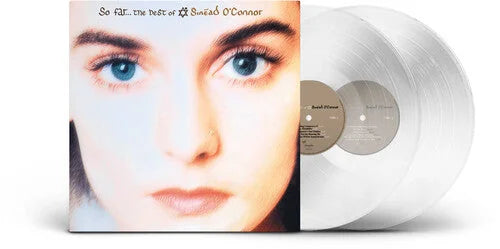
![The Grateful Dead - The Music Never Stopped [6LP Box Set]](http://vinyl.com/cdn/shop/files/The_Grateful_Dead-The_Music_Never_Stopped__6LP_Box_Set.jpg?v=1747729623&width=5760)
![The Grateful Dead - Madison Square Garden, New York, NY 3/9/81 (2023 Rocktober Edition) [5LP Box Set]](http://vinyl.com/cdn/shop/files/4247396-3042523.jpg?v=1758034700&width=5760)
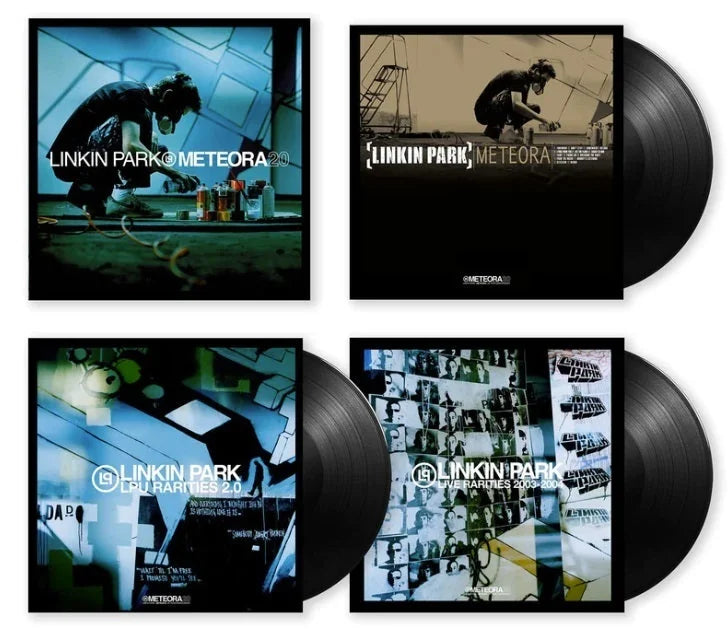
![Sufjan Stevens - Songs For Christmas [5LP Box Set]](http://vinyl.com/cdn/shop/files/3576666.jpg?v=1684195276&width=5760)
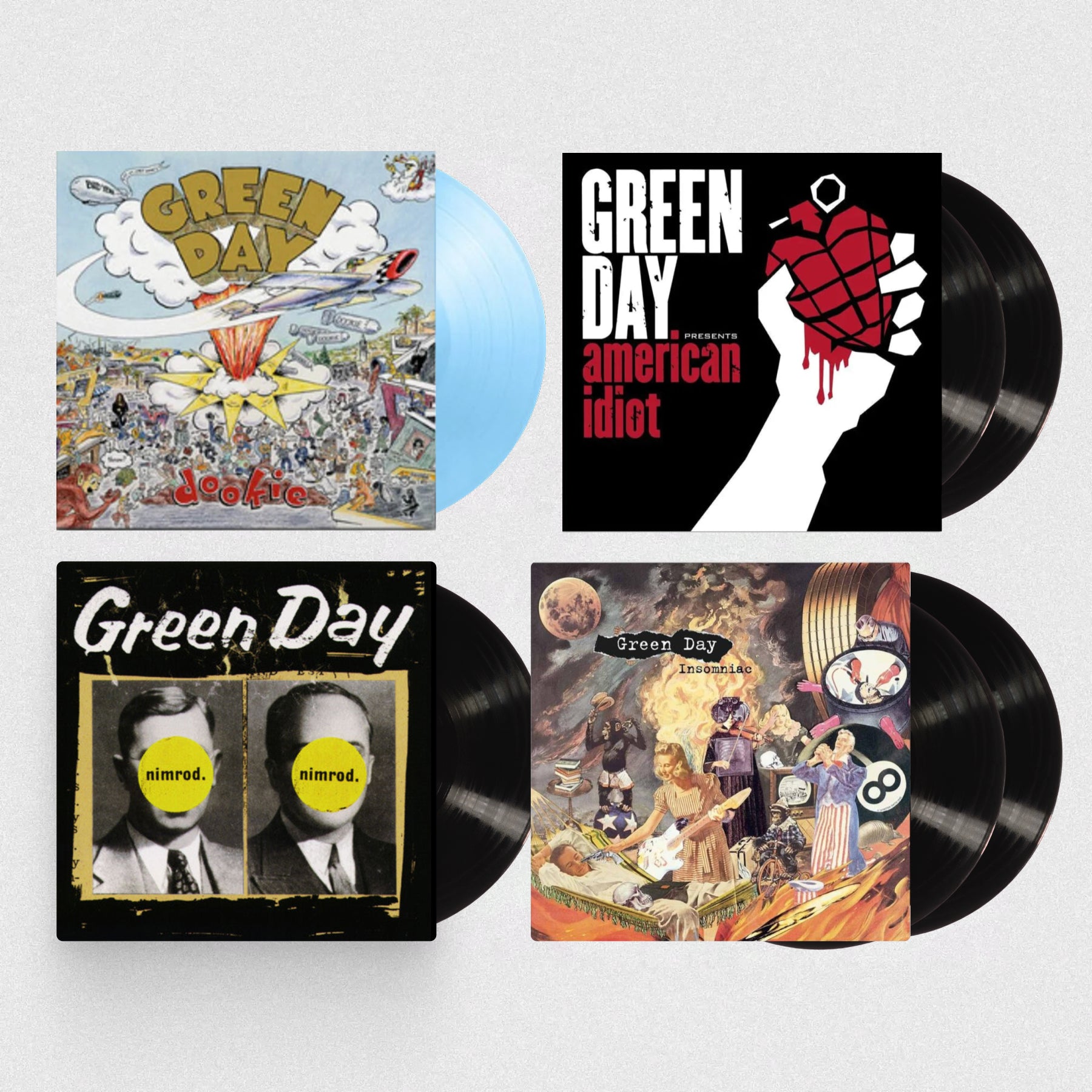
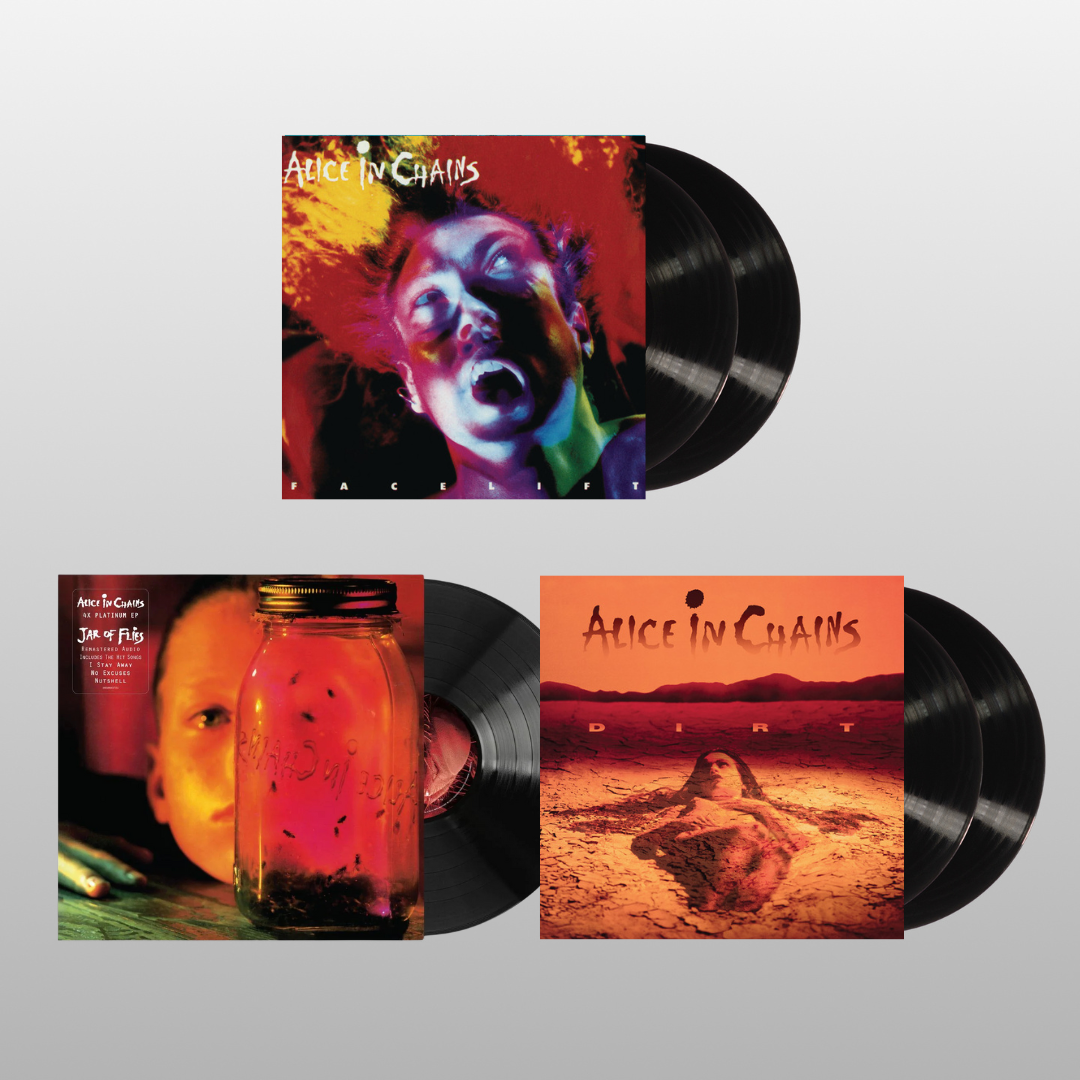
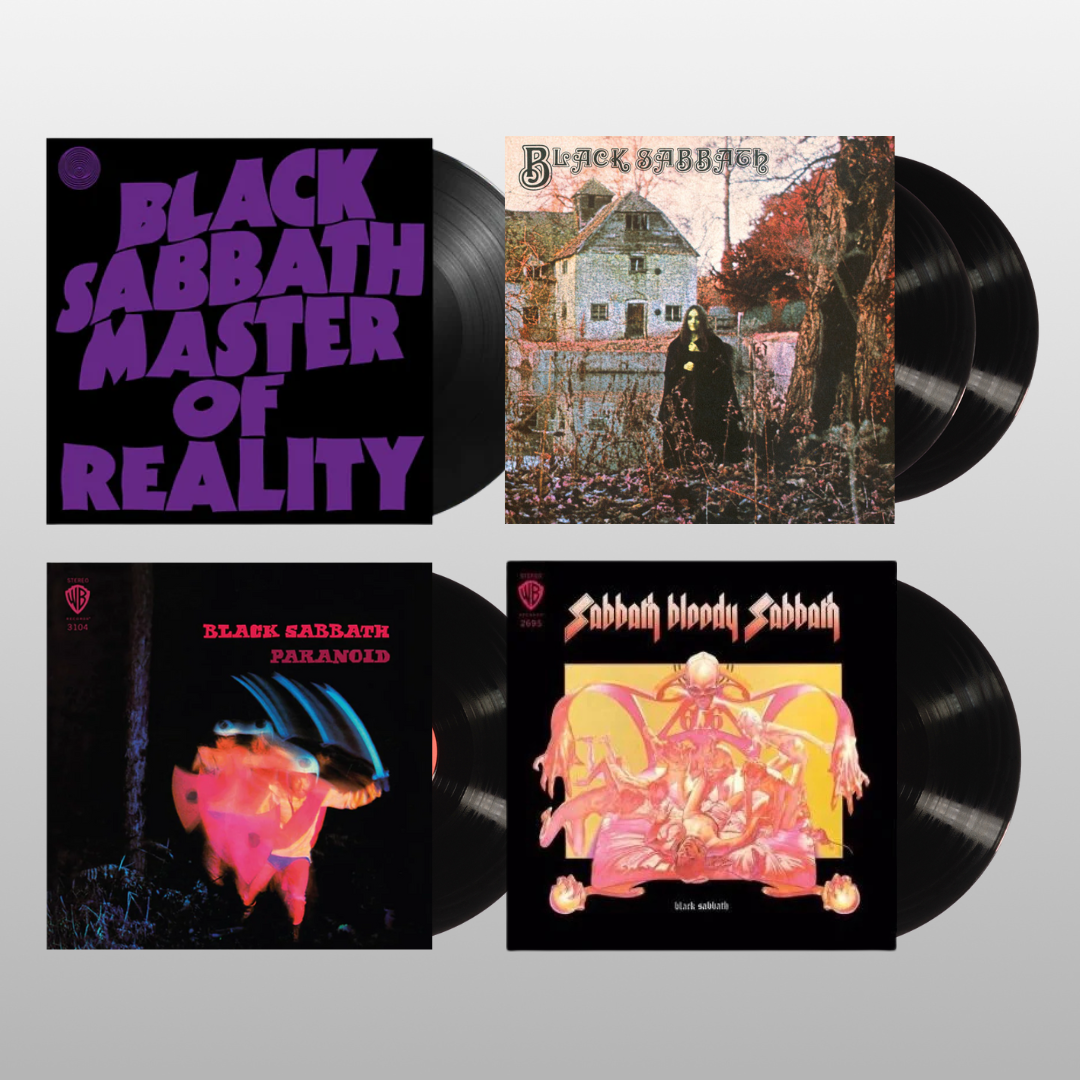

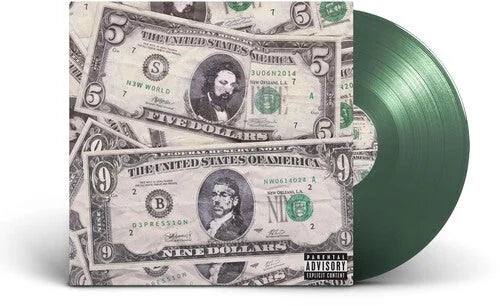
![$Uicideboy$ - Thy Kingdom Come [Clear]](http://vinyl.com/cdn/shop/files/4435583-3407920.jpg?v=1754460746&width=5760)
![(hed) p.e. - New And Improved [Pink]](http://vinyl.com/cdn/shop/files/4425252-3389420.jpg?v=1746578880&width=5760)
![1 Locate S - Wicked Jaw [Sky Blue]](http://vinyl.com/cdn/shop/files/4217742-2982879.jpg?v=1693273095&width=5760)
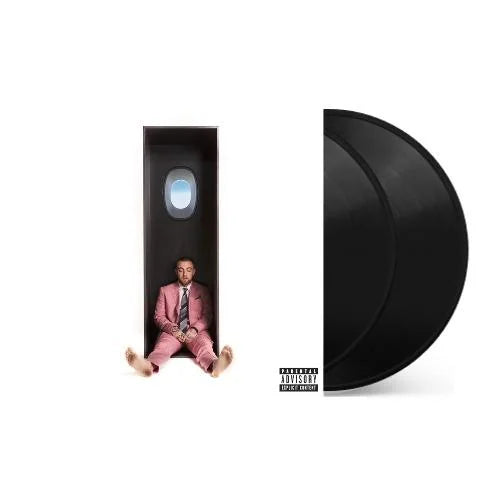
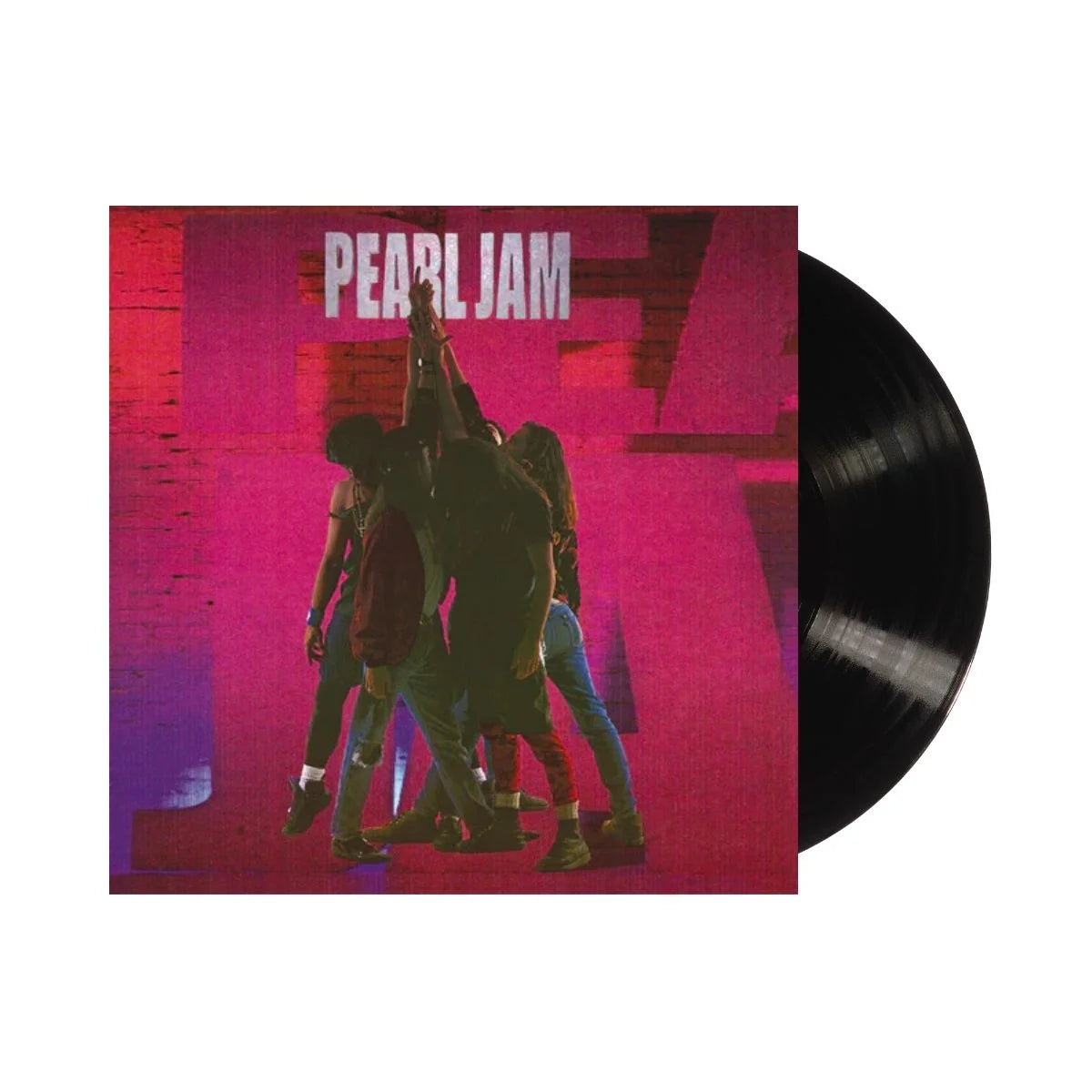
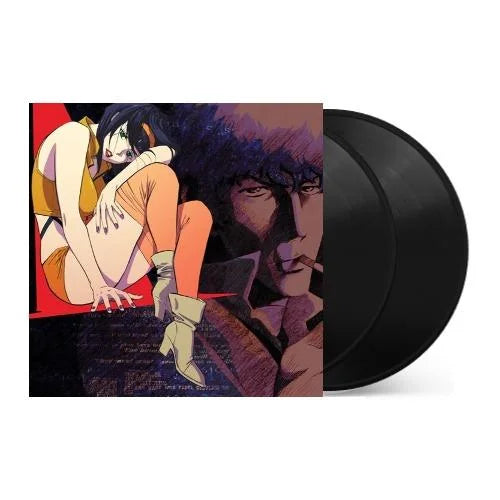
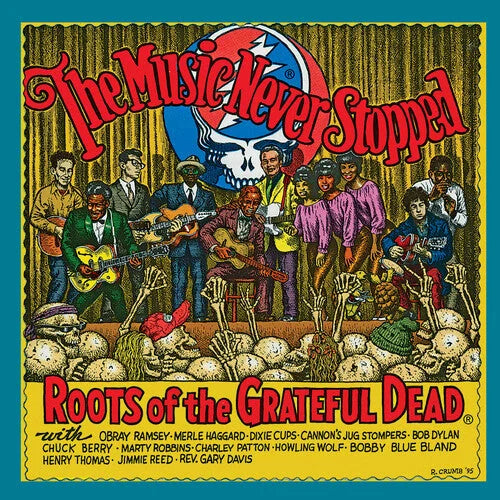
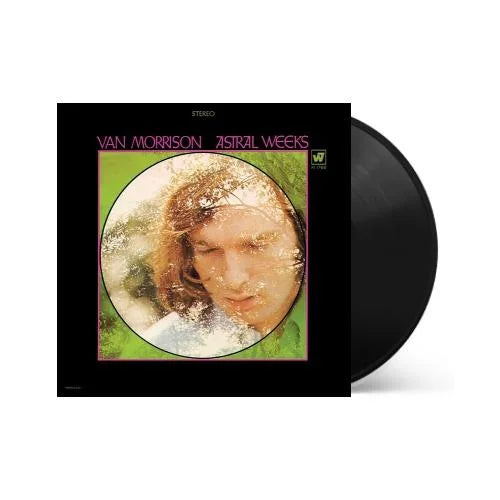
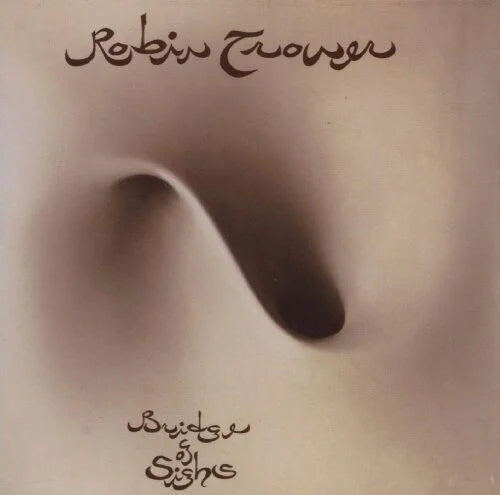
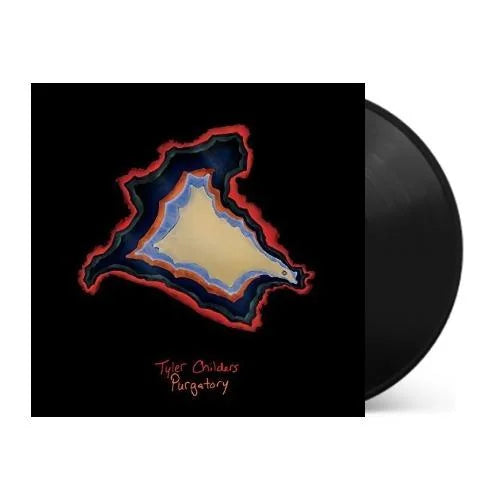
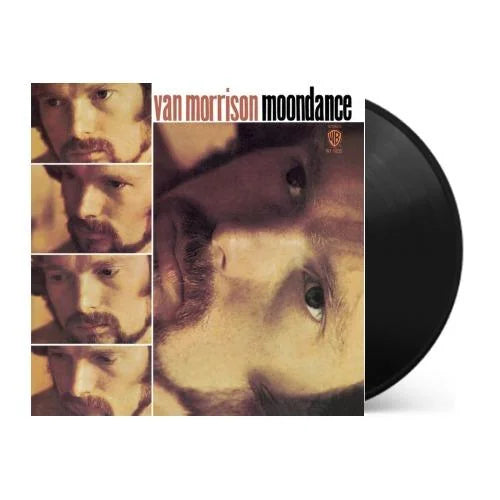
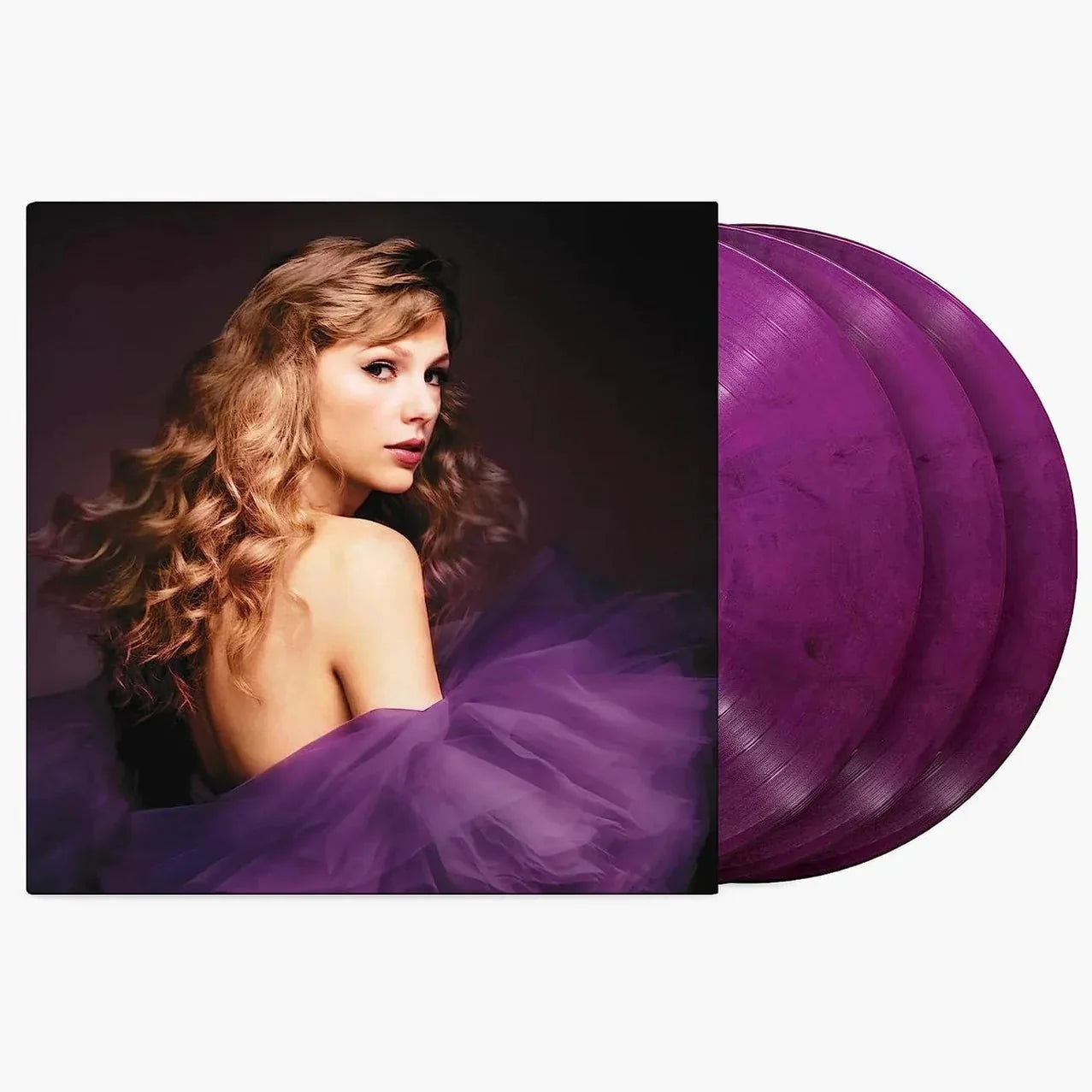
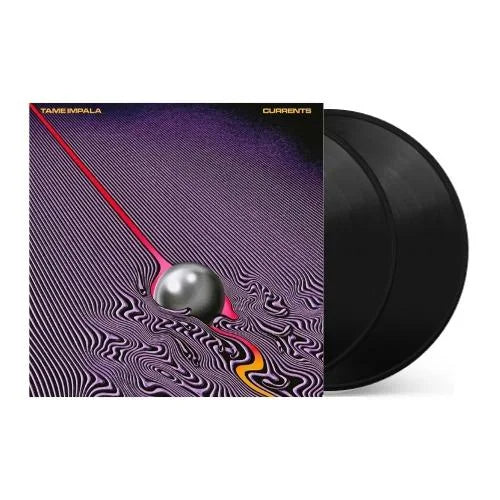
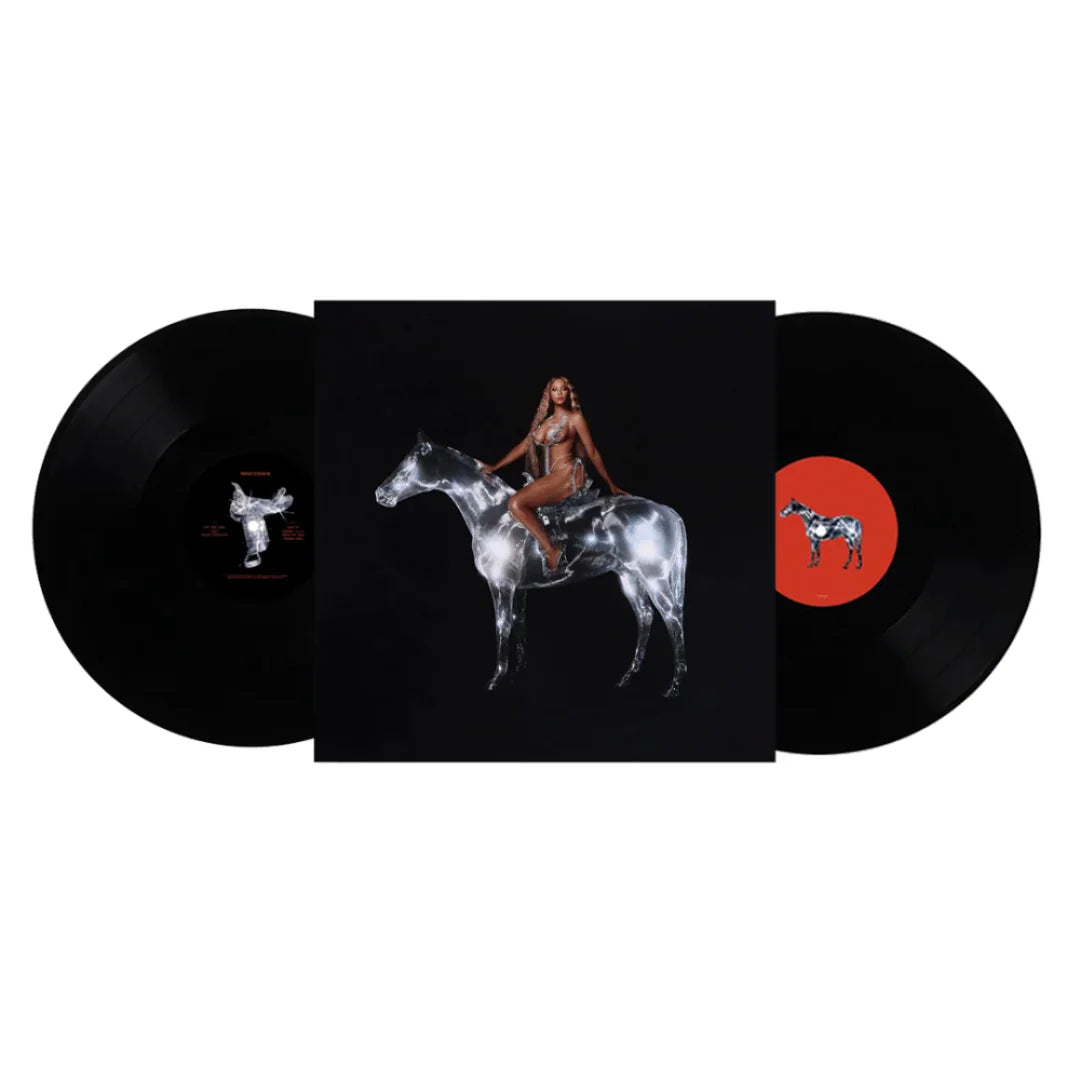
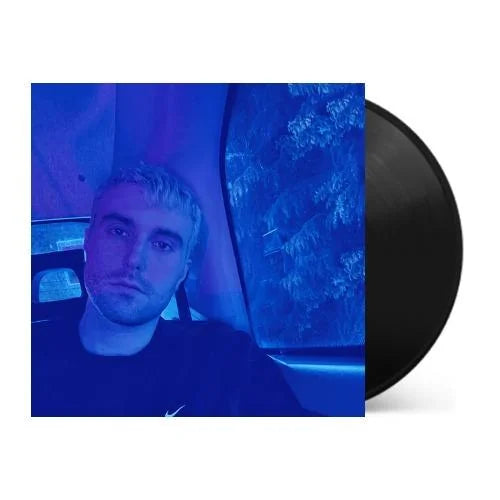
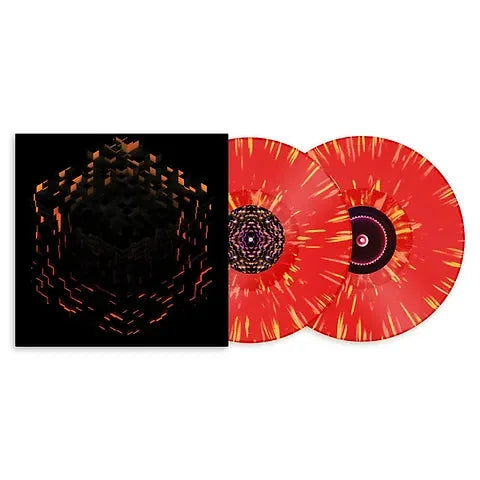
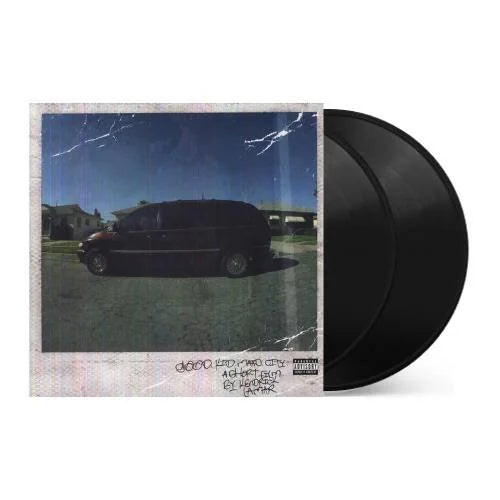
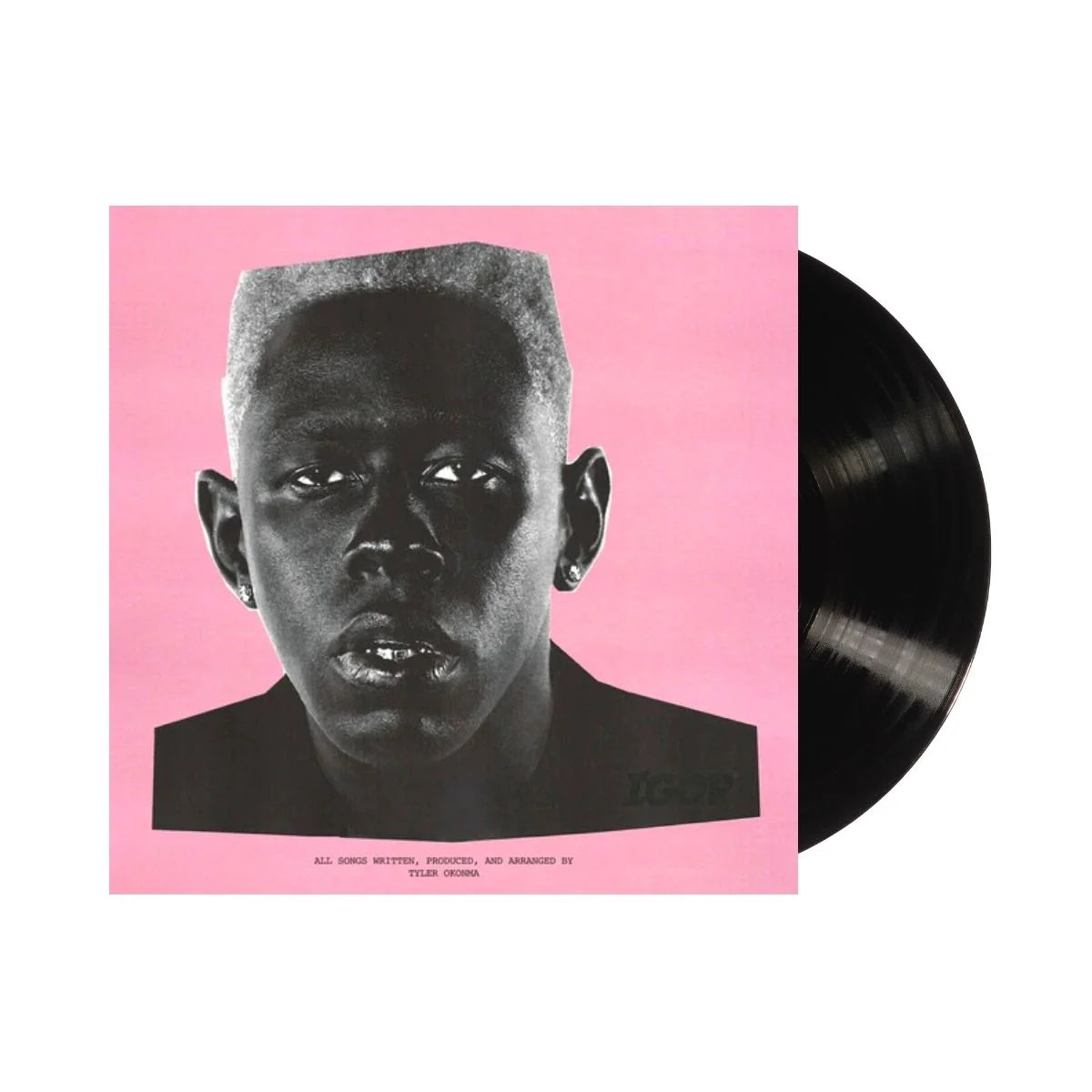
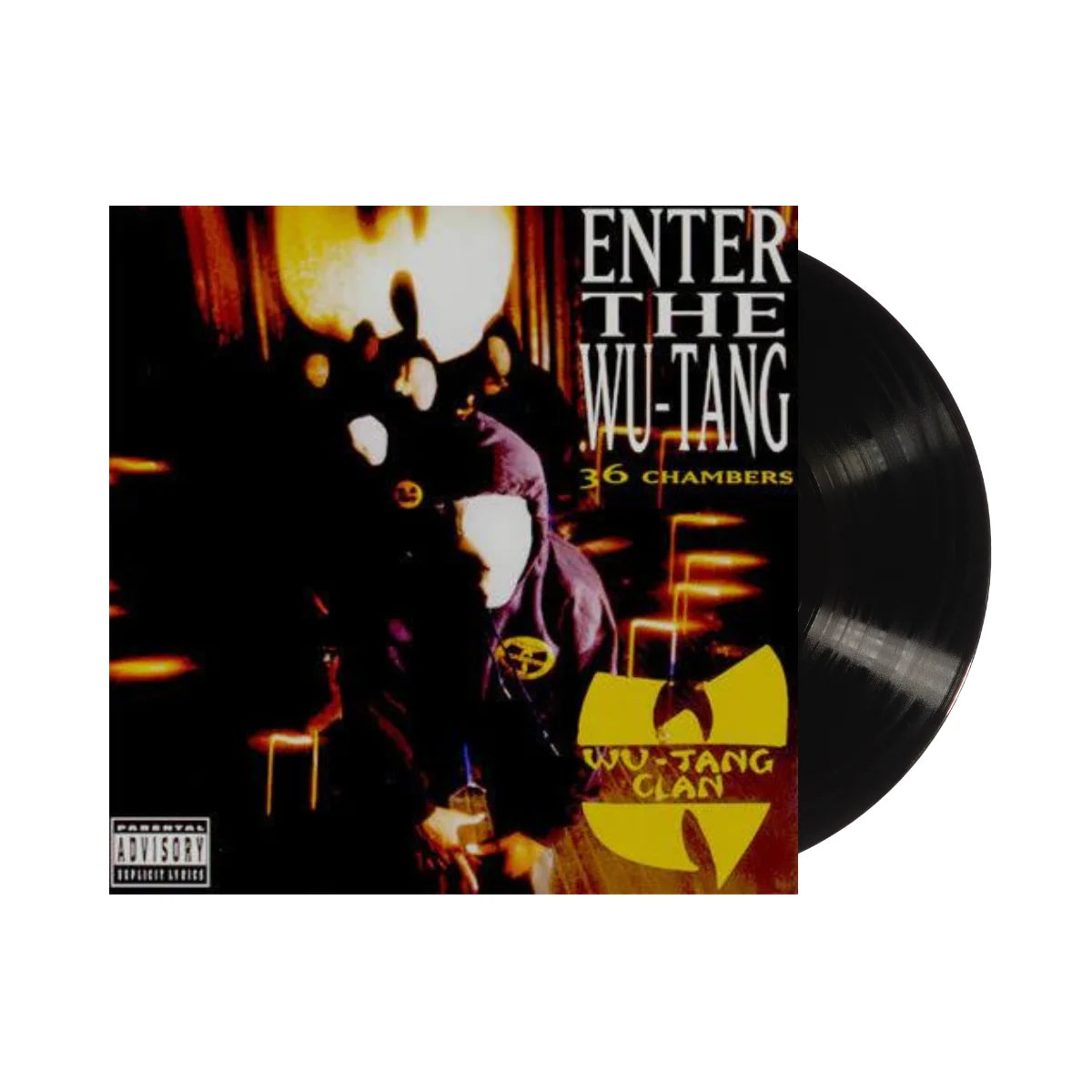
![Miles Davis - Kind of Blue [180-gram]](http://vinyl.com/cdn/shop/files/Y4LPMD03.webp?v=1742198237&width=5760)

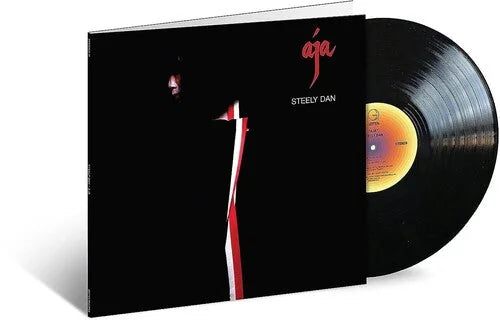
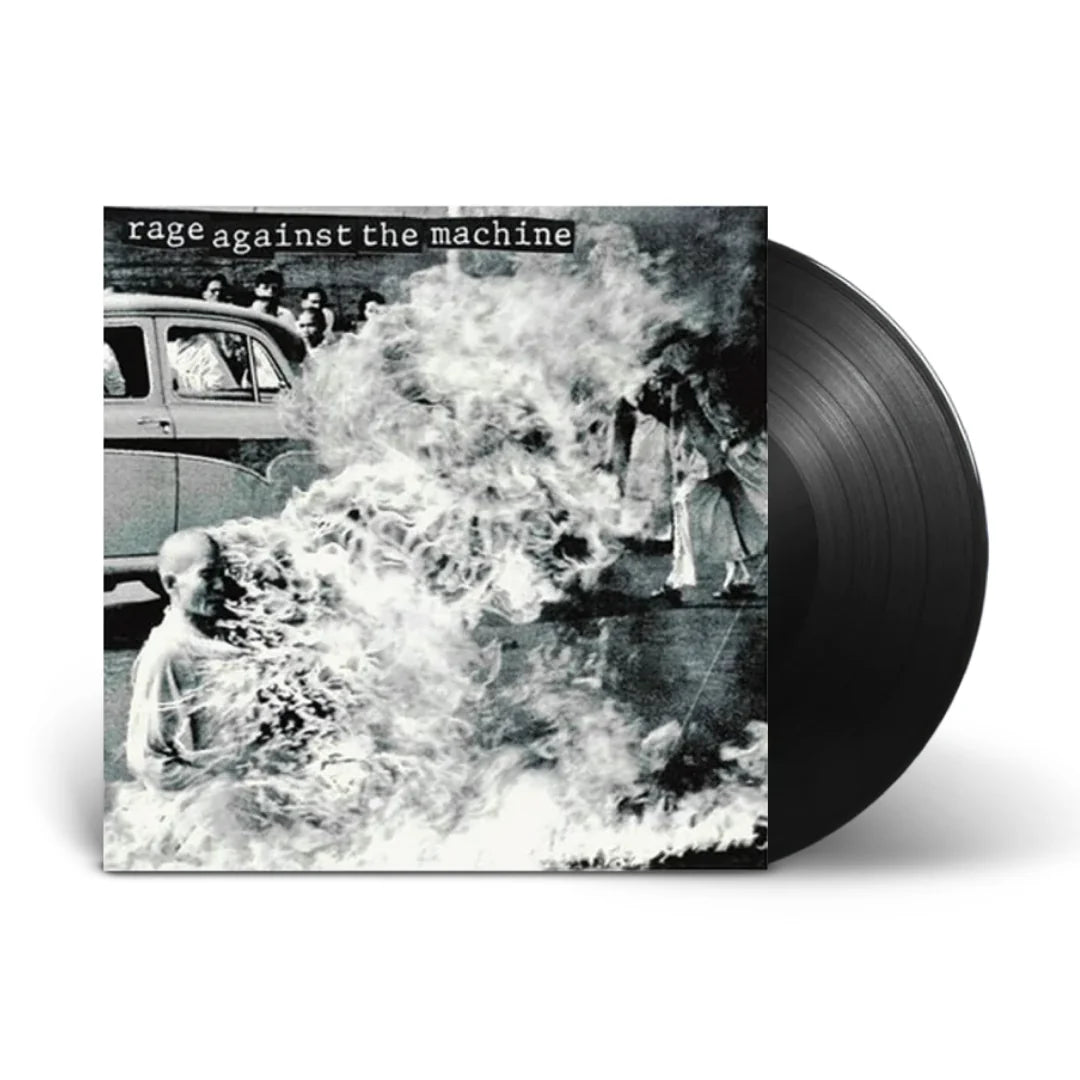
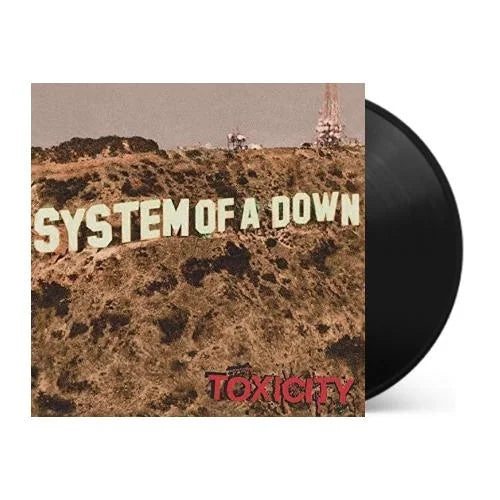
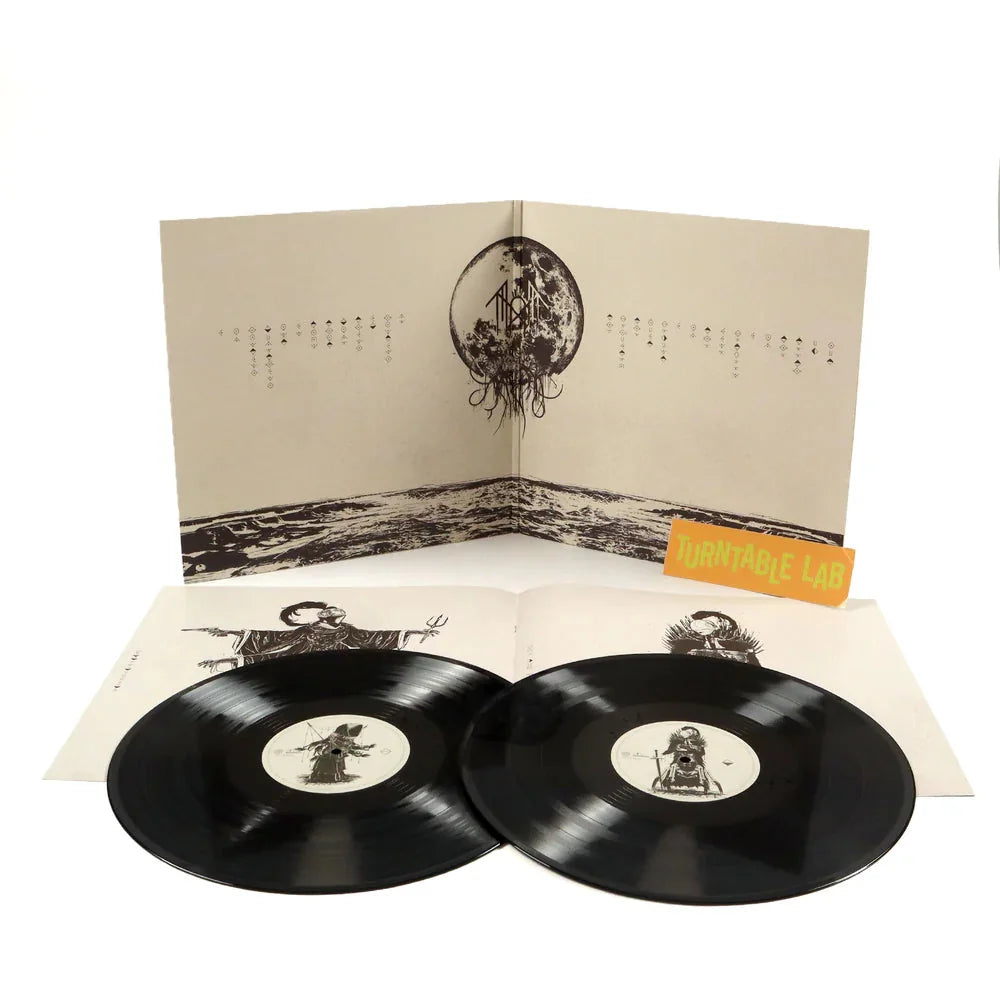
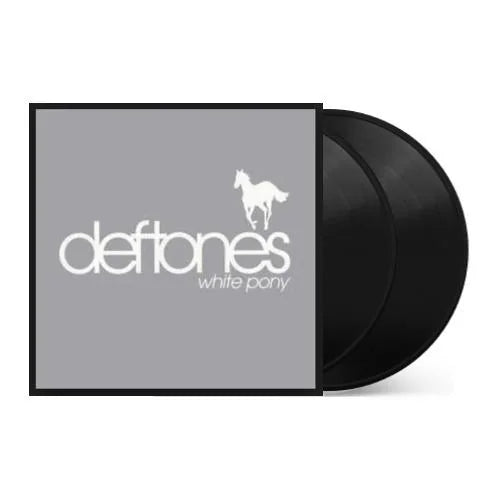
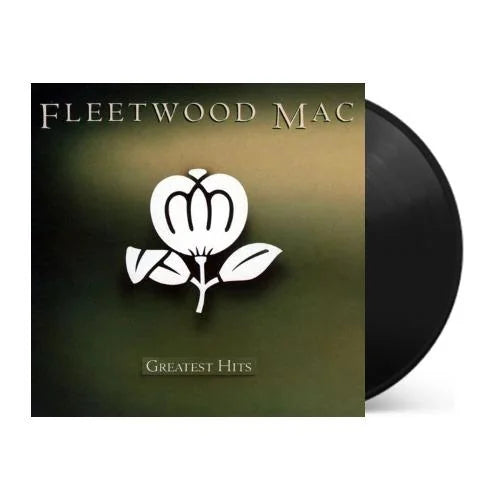
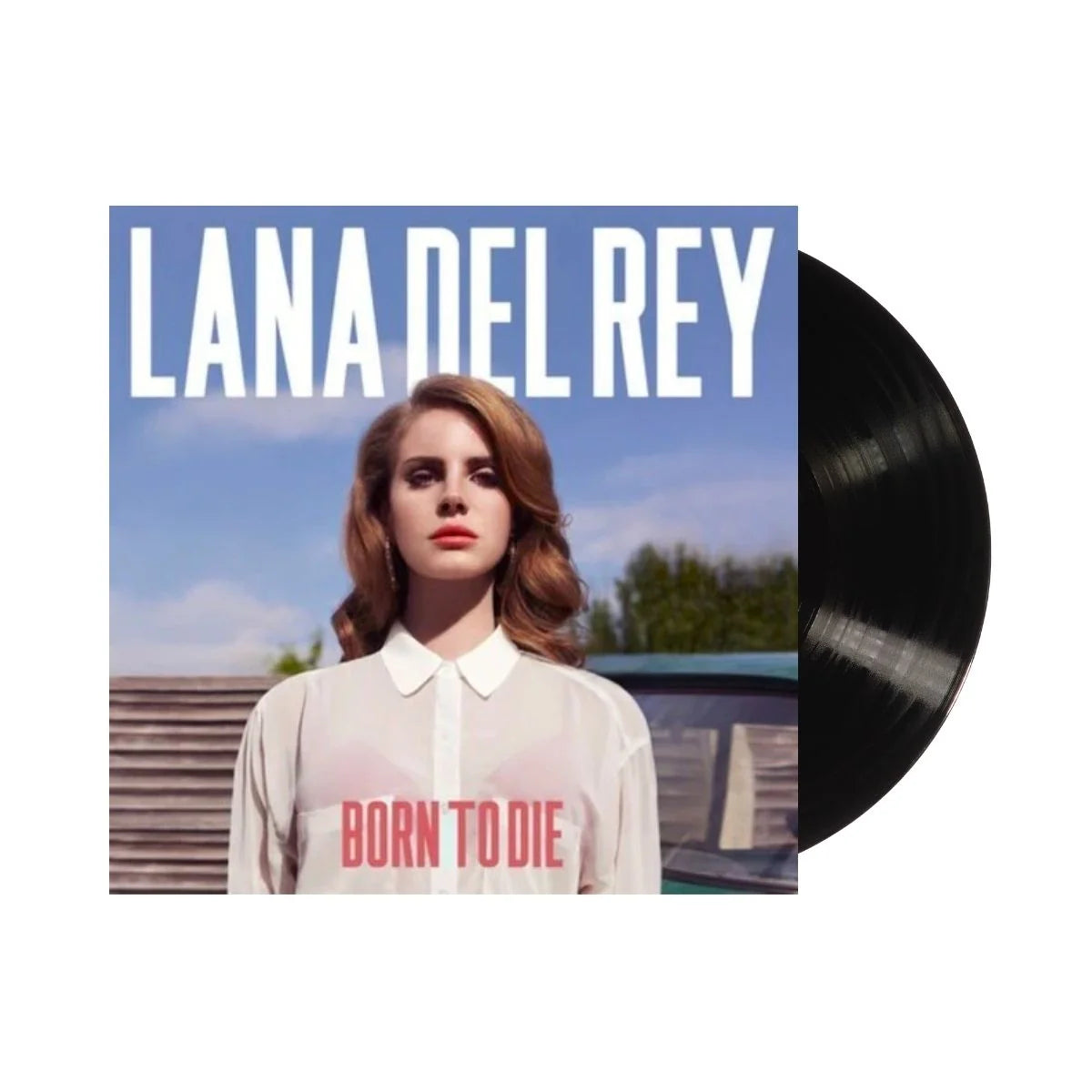
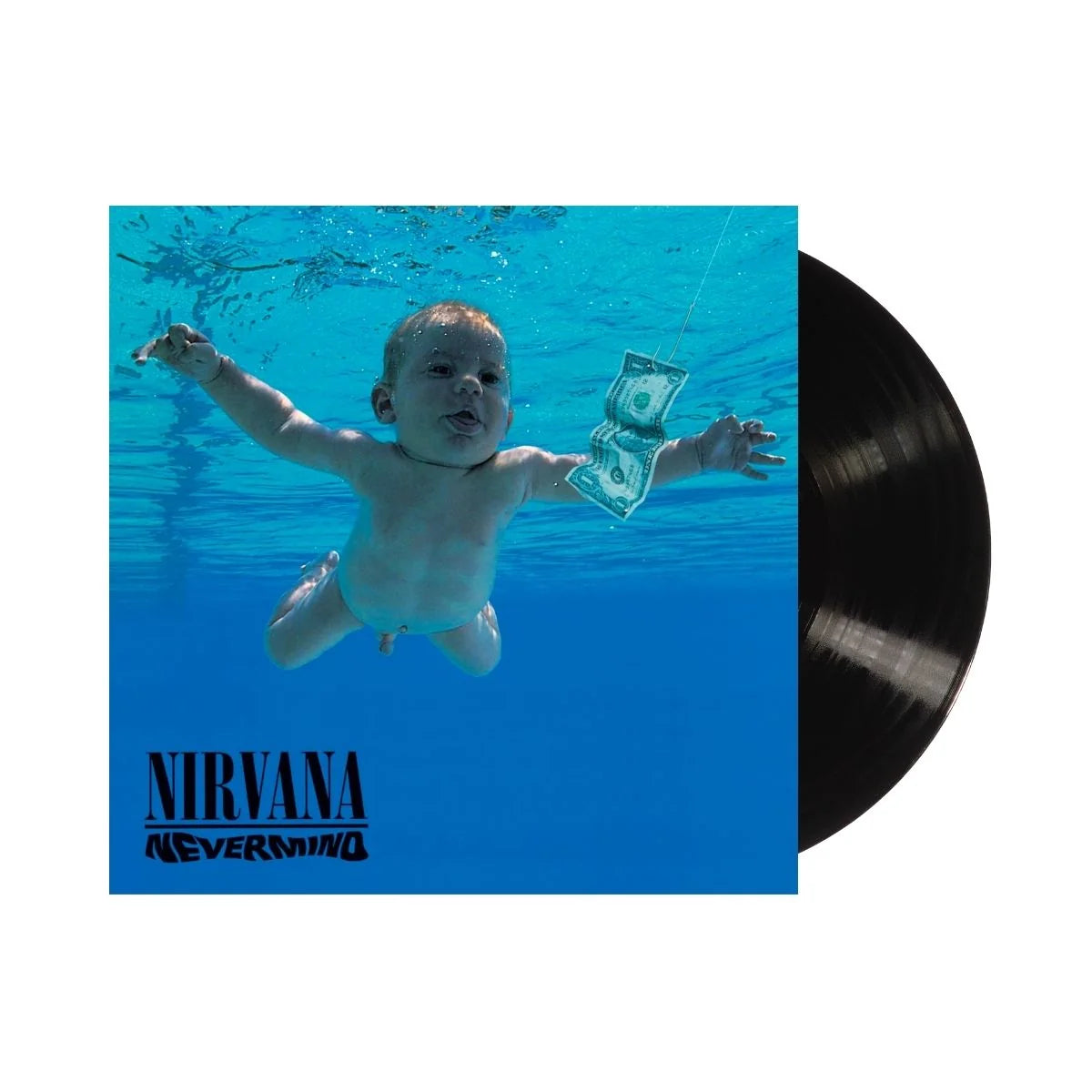
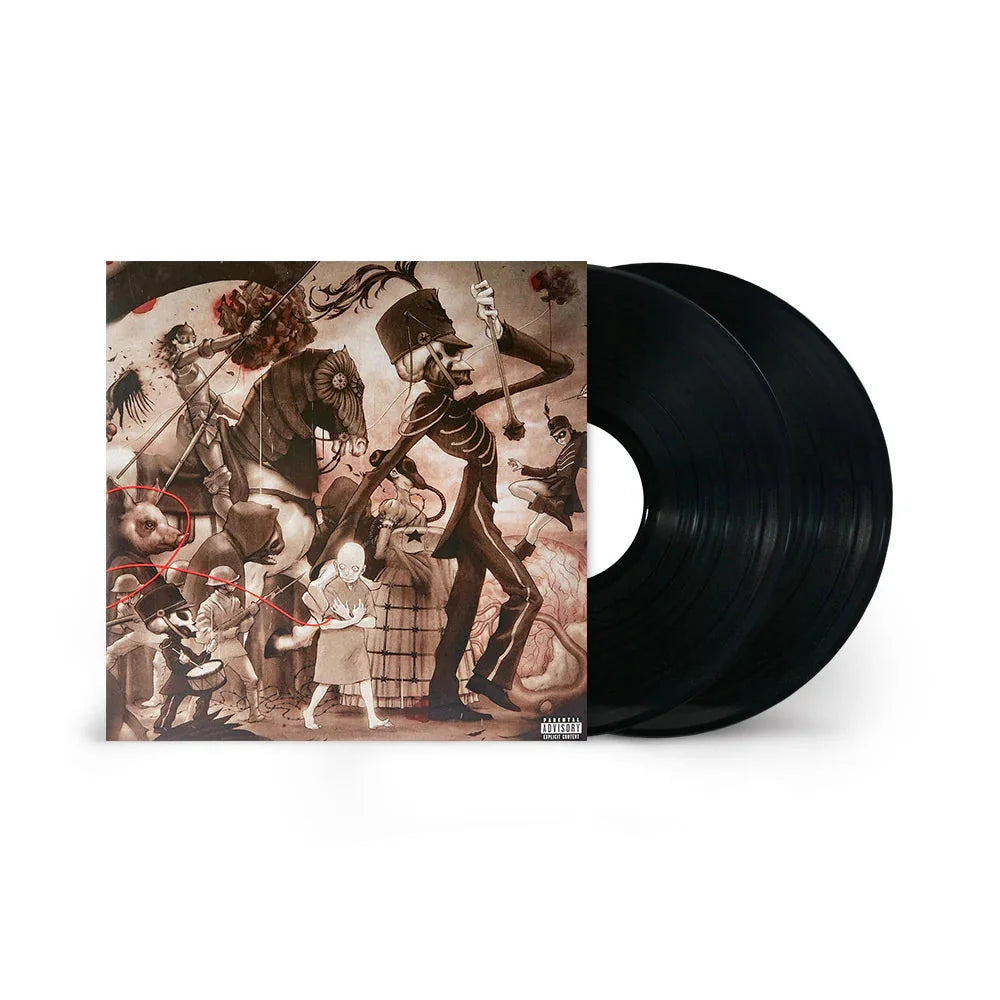
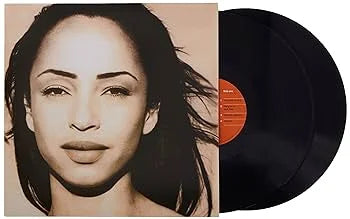
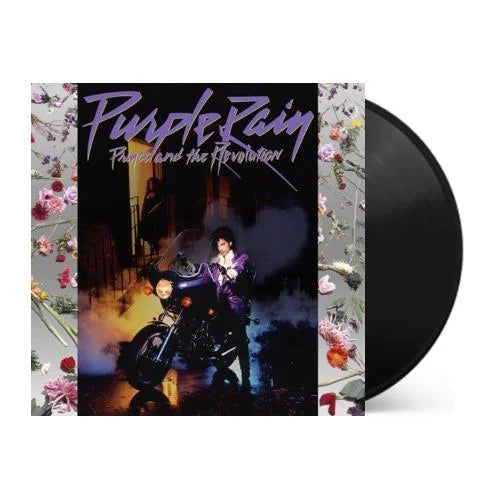
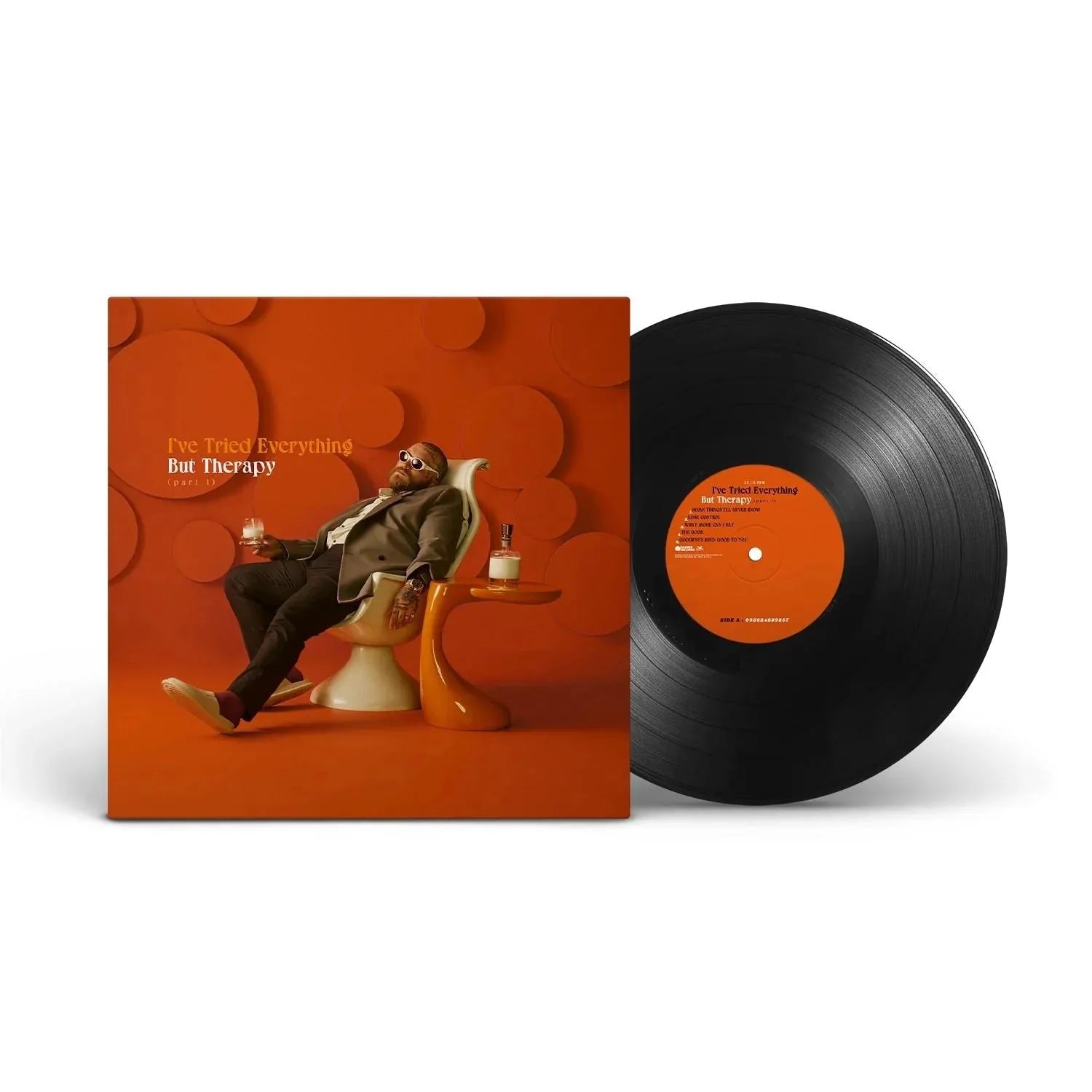

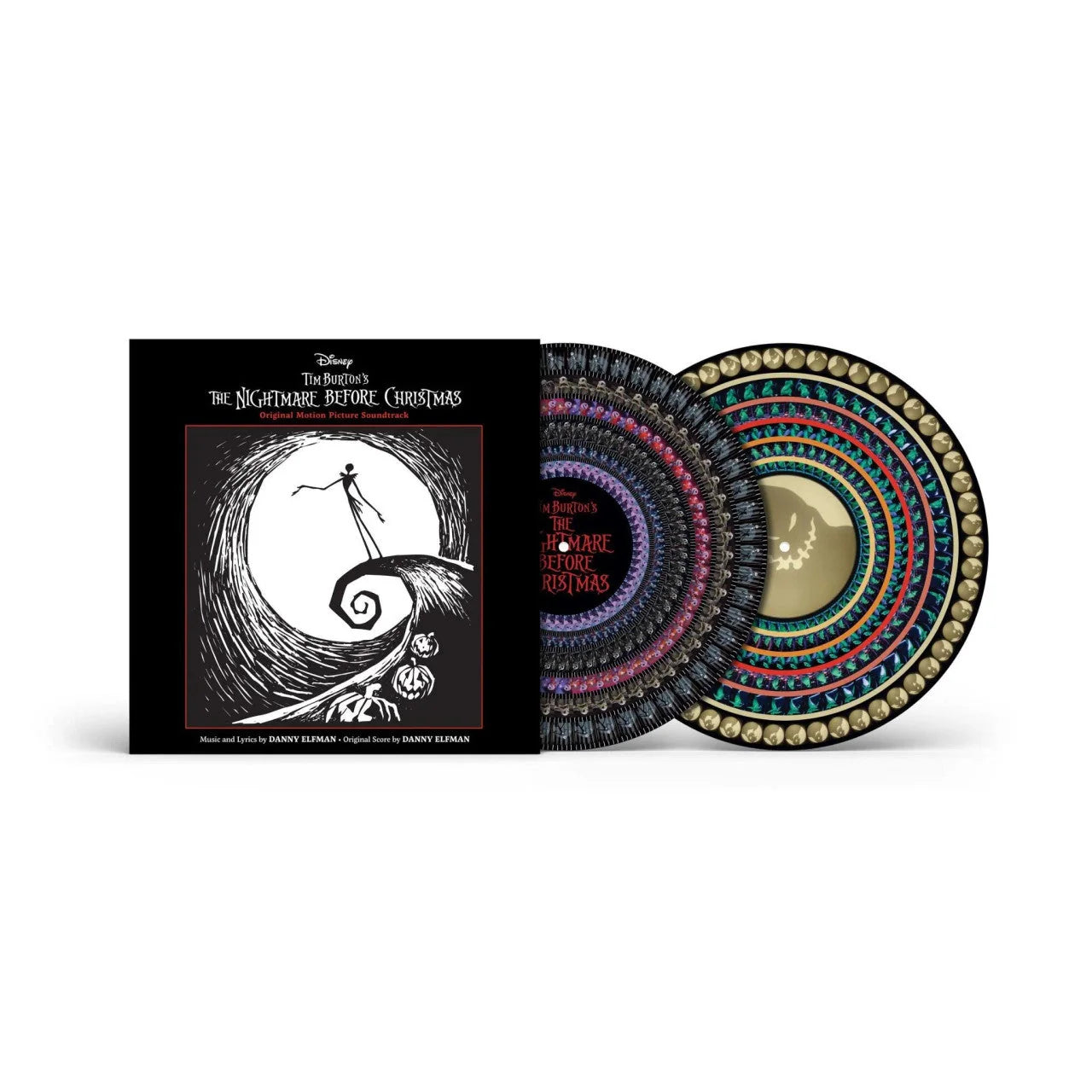
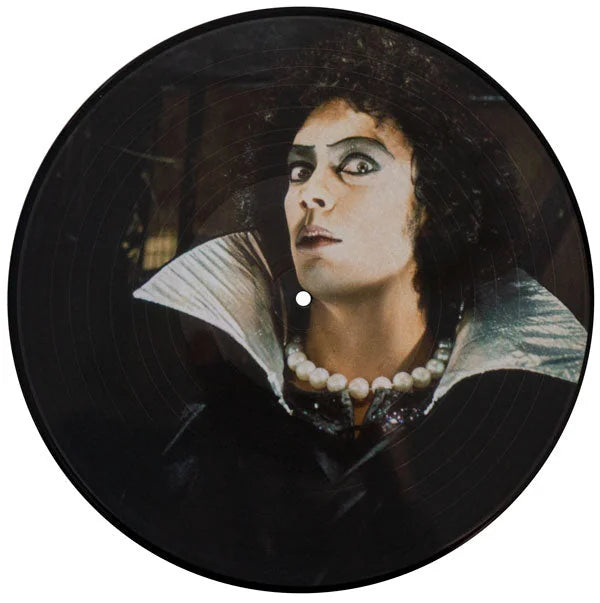
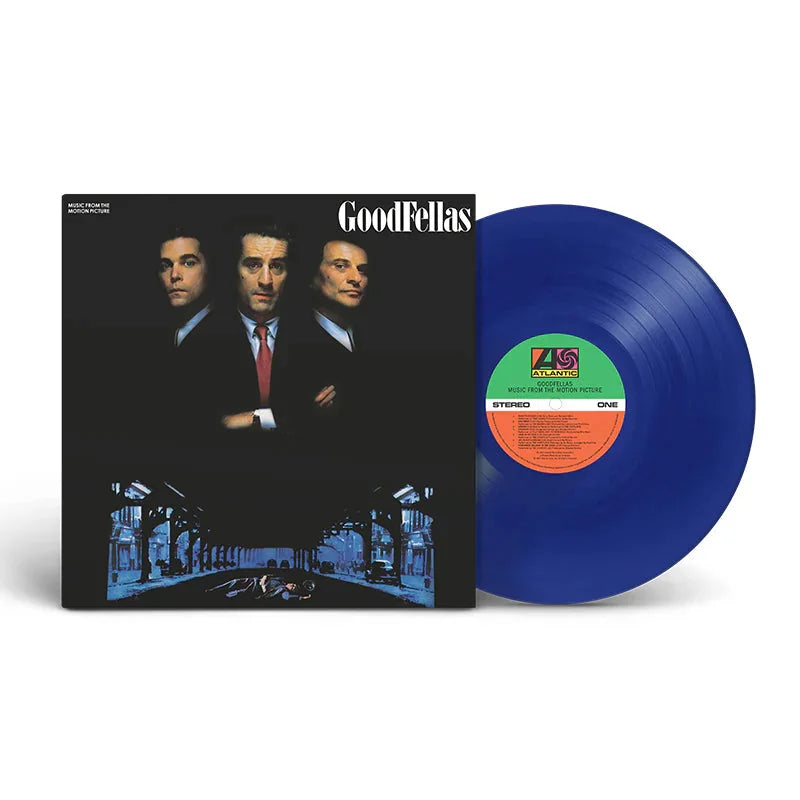
![Transformers: The Movie (Original Soundtrack) [Unicron Marbled 180-Gram]](http://vinyl.com/cdn/shop/files/4417308-3378319.jpg?v=1745982250&width=5760)








